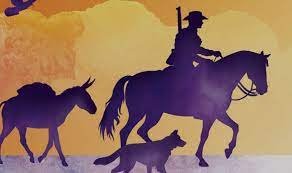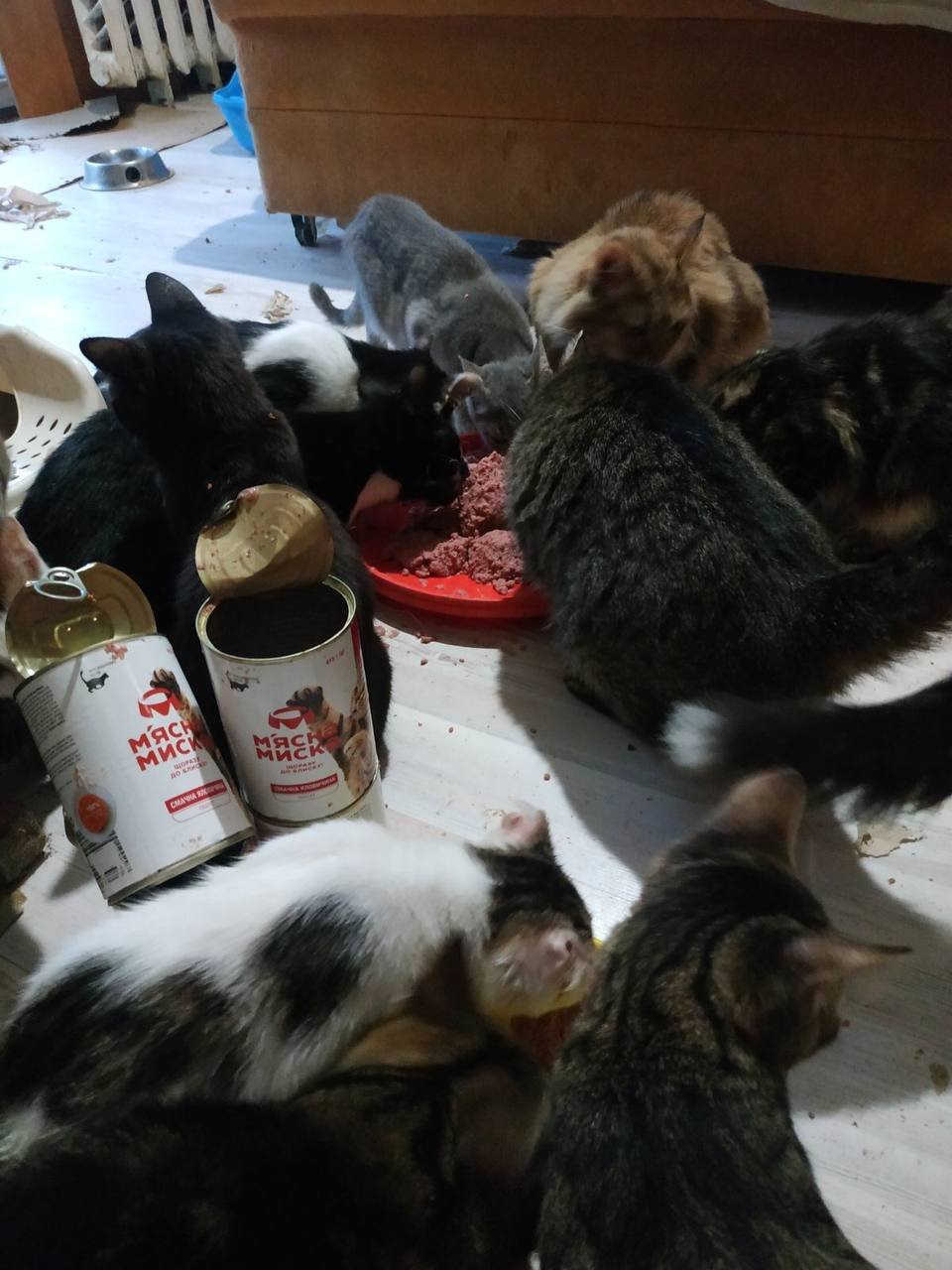War Animal Day
Commemorate the deeds and sacrifices of animals impacted by war
Saturday 22nd February, Cronulla Park, 10:30am
In 2019 Minister Scott Buchholz announced in Federal parliament that the 24th February would be Australia's official war animal day.
On Saturday 22nd February 2025, Cronulla RSL will recognise National War Animal Day, and the important roles that animals have and continue to play in war, by holding a special memorial service in Cronulla Park. 10:30am.
Locals are encouraged to bring their four-legged friends to the memorial service, however it’s important to remember that dogs must be on a lead and cats must be contained, and under the effective control of a competent person.
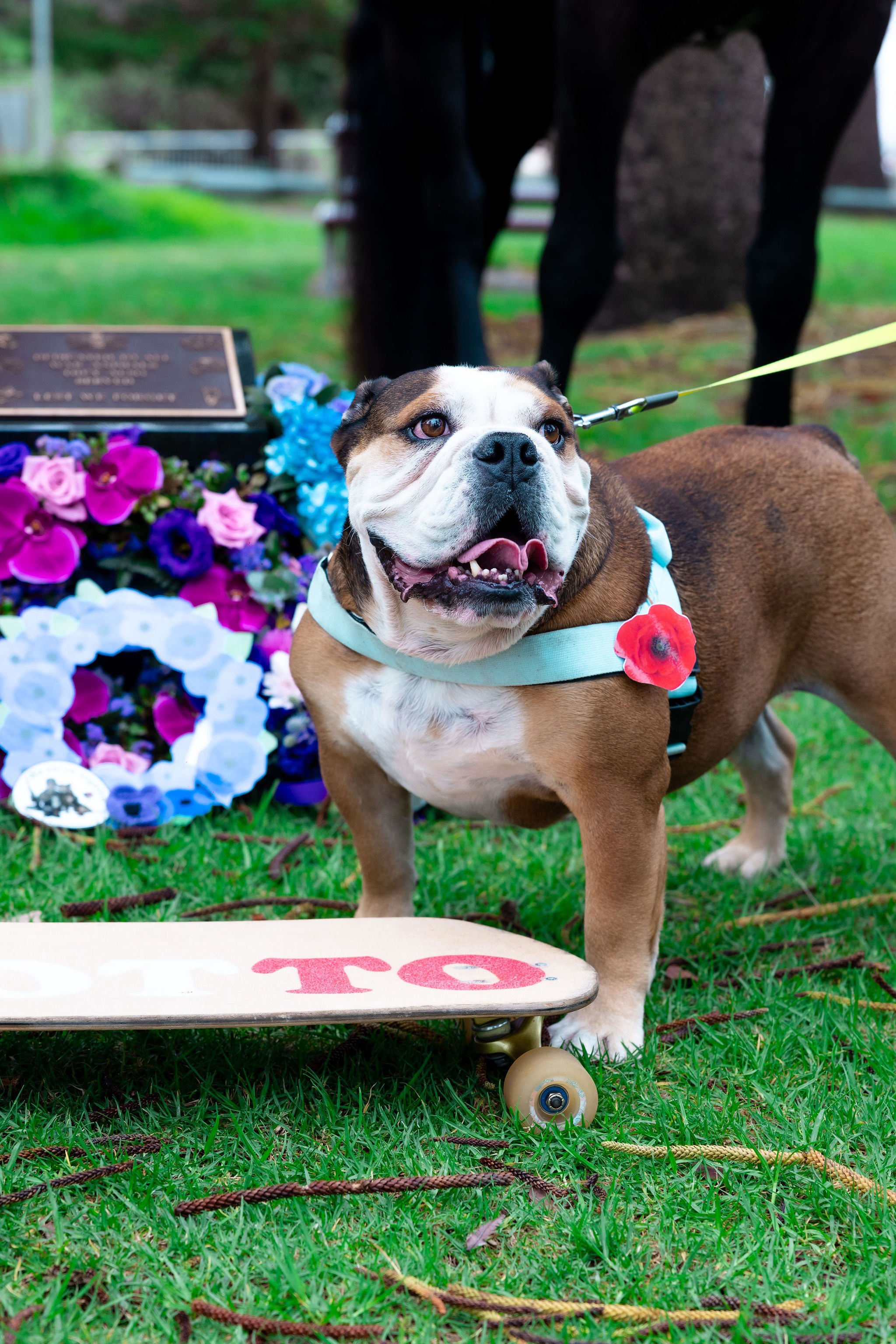
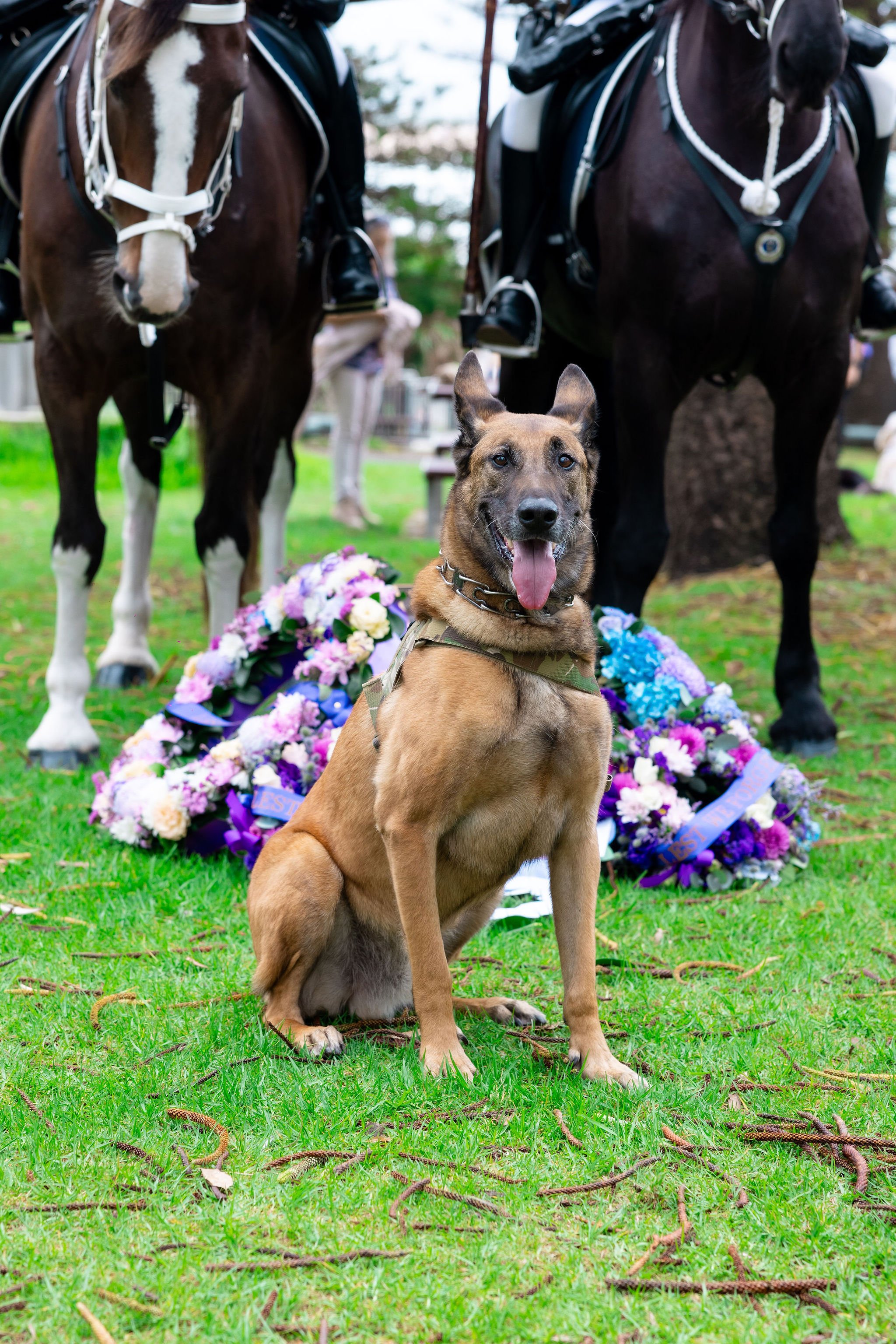
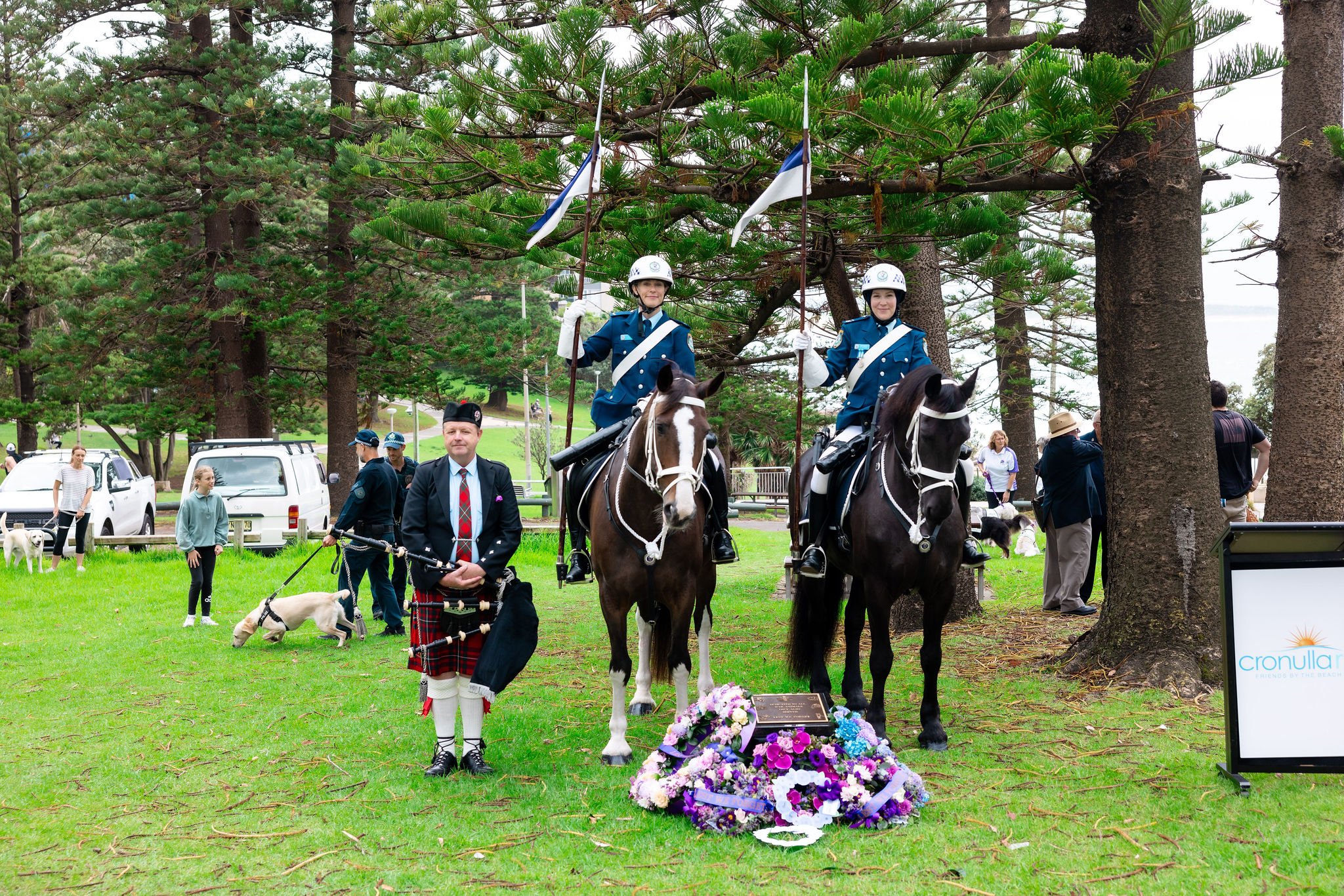
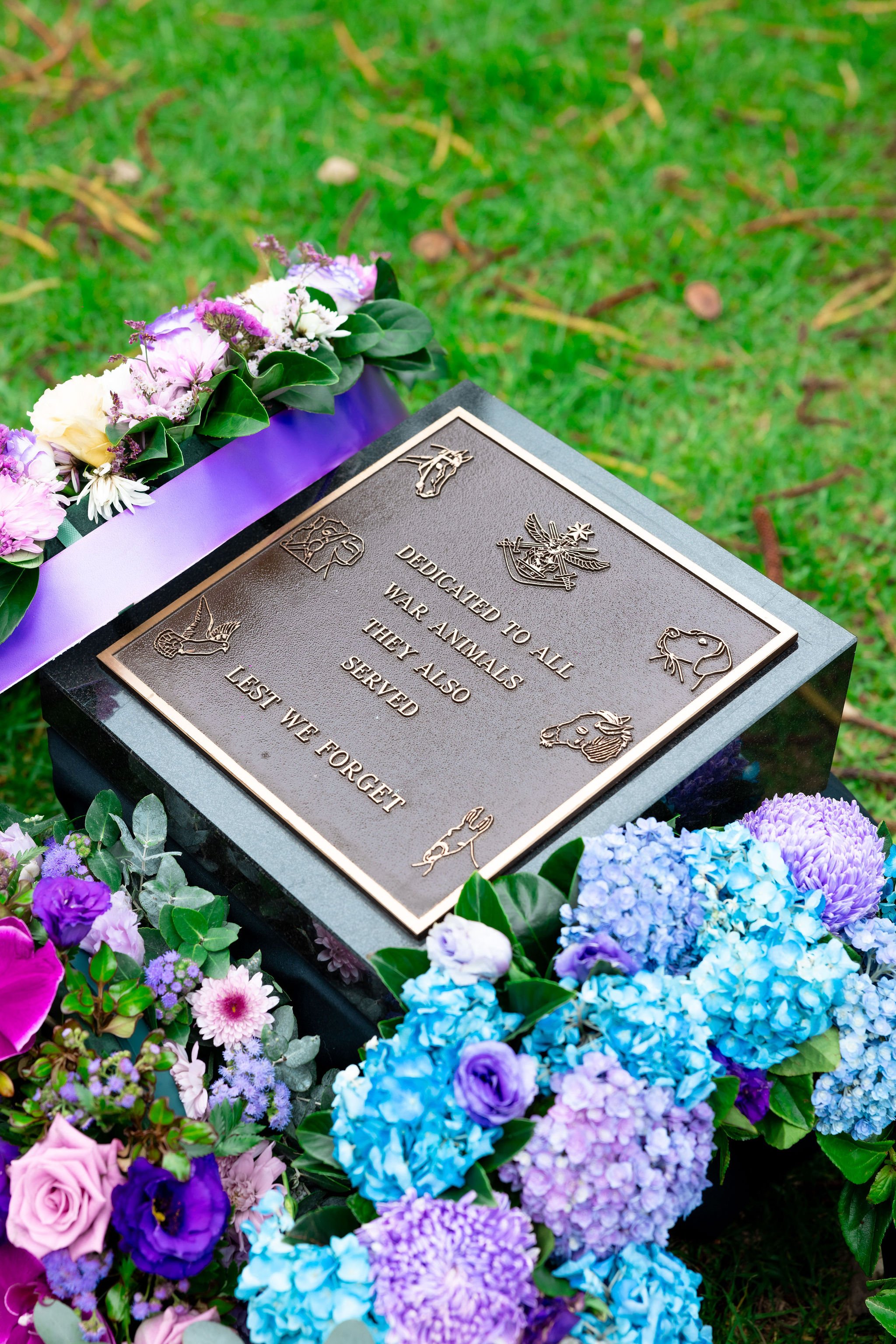
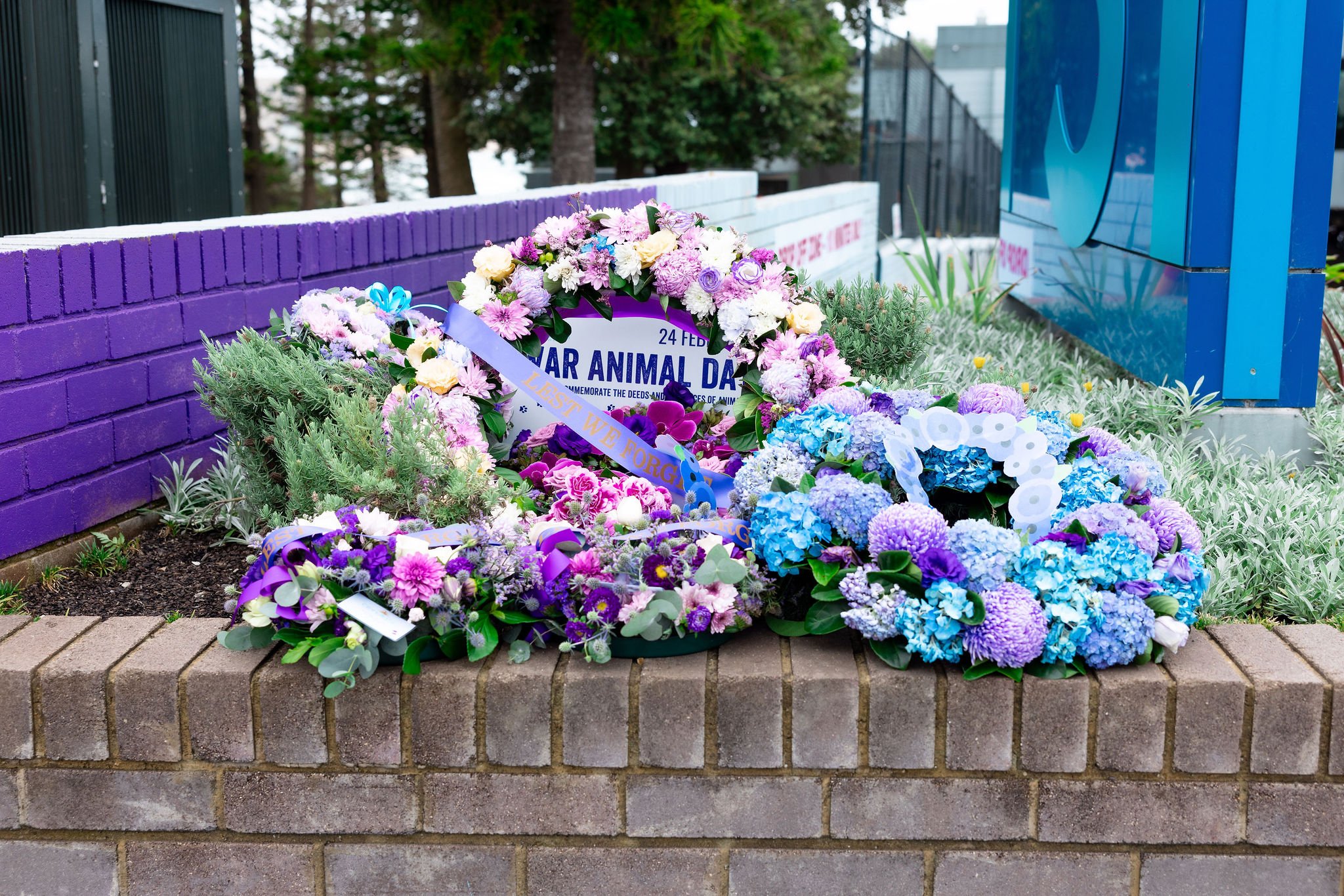
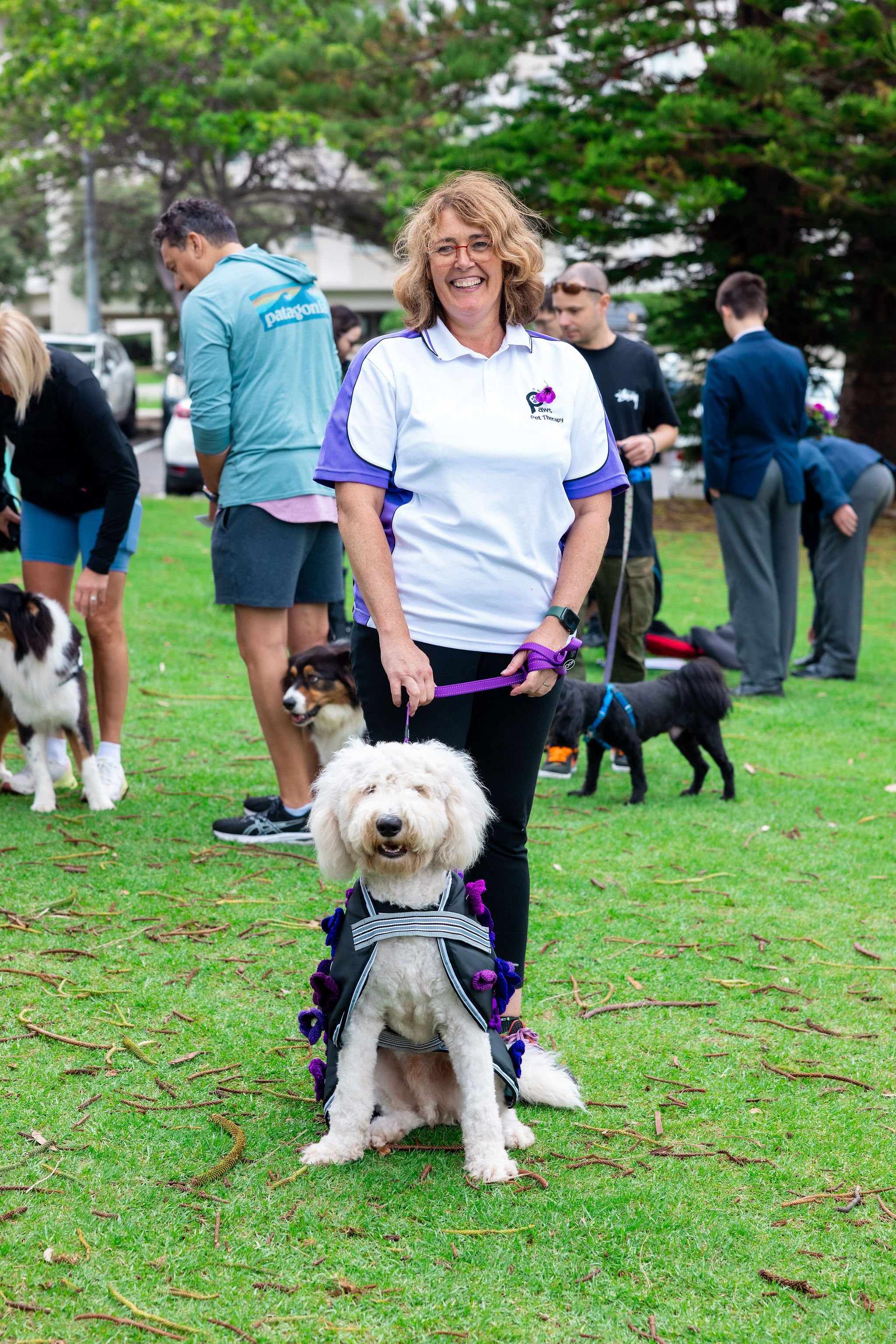
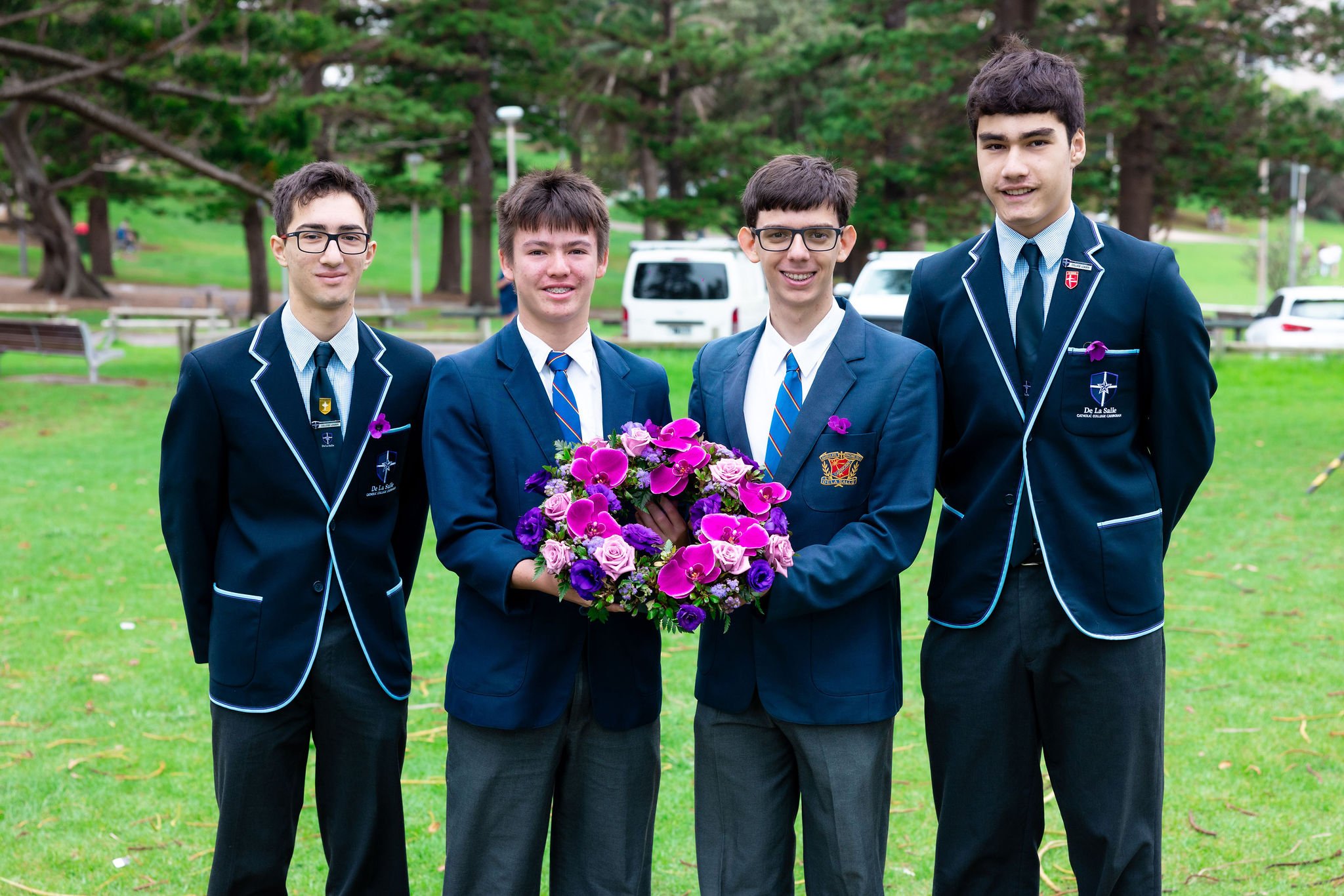
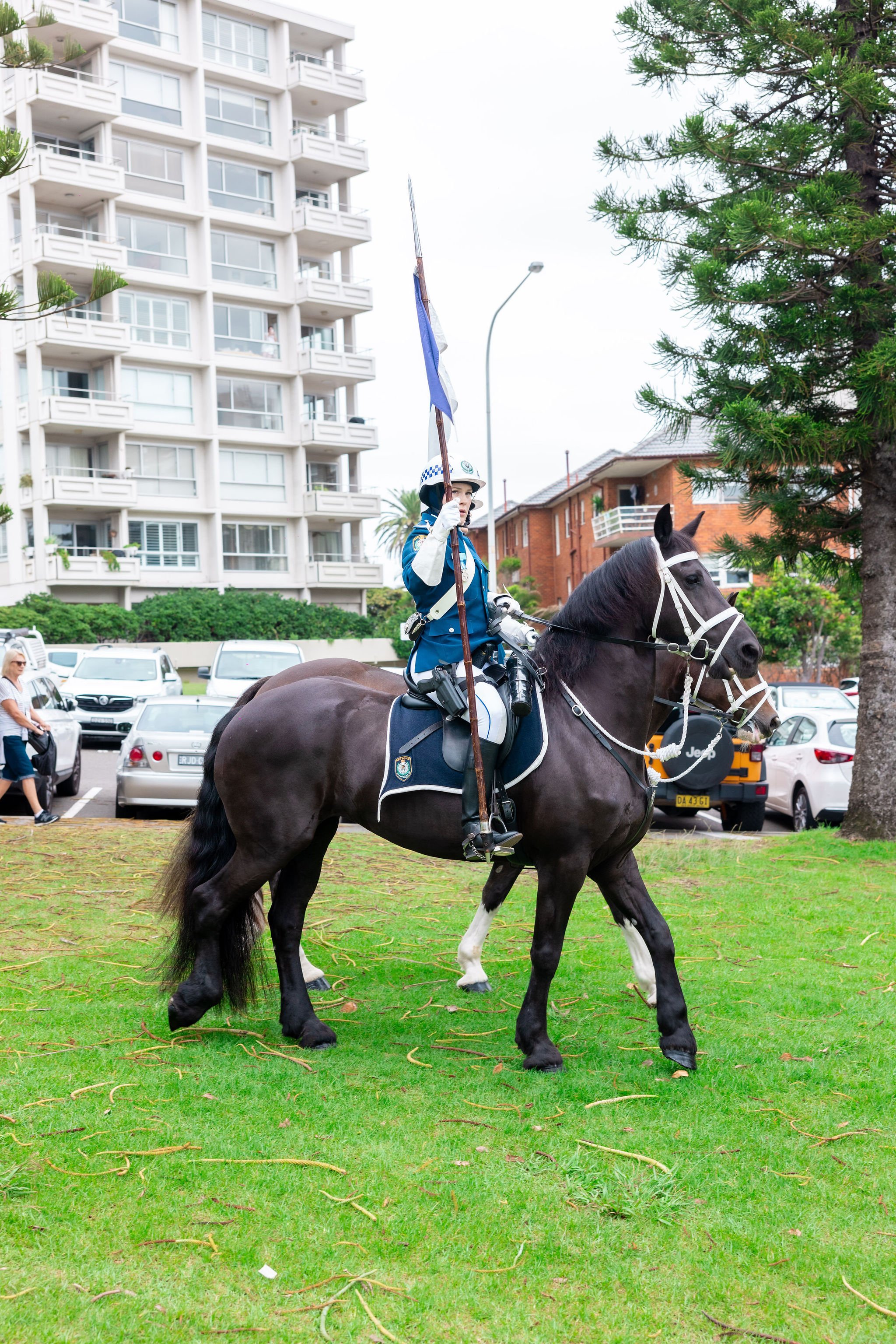
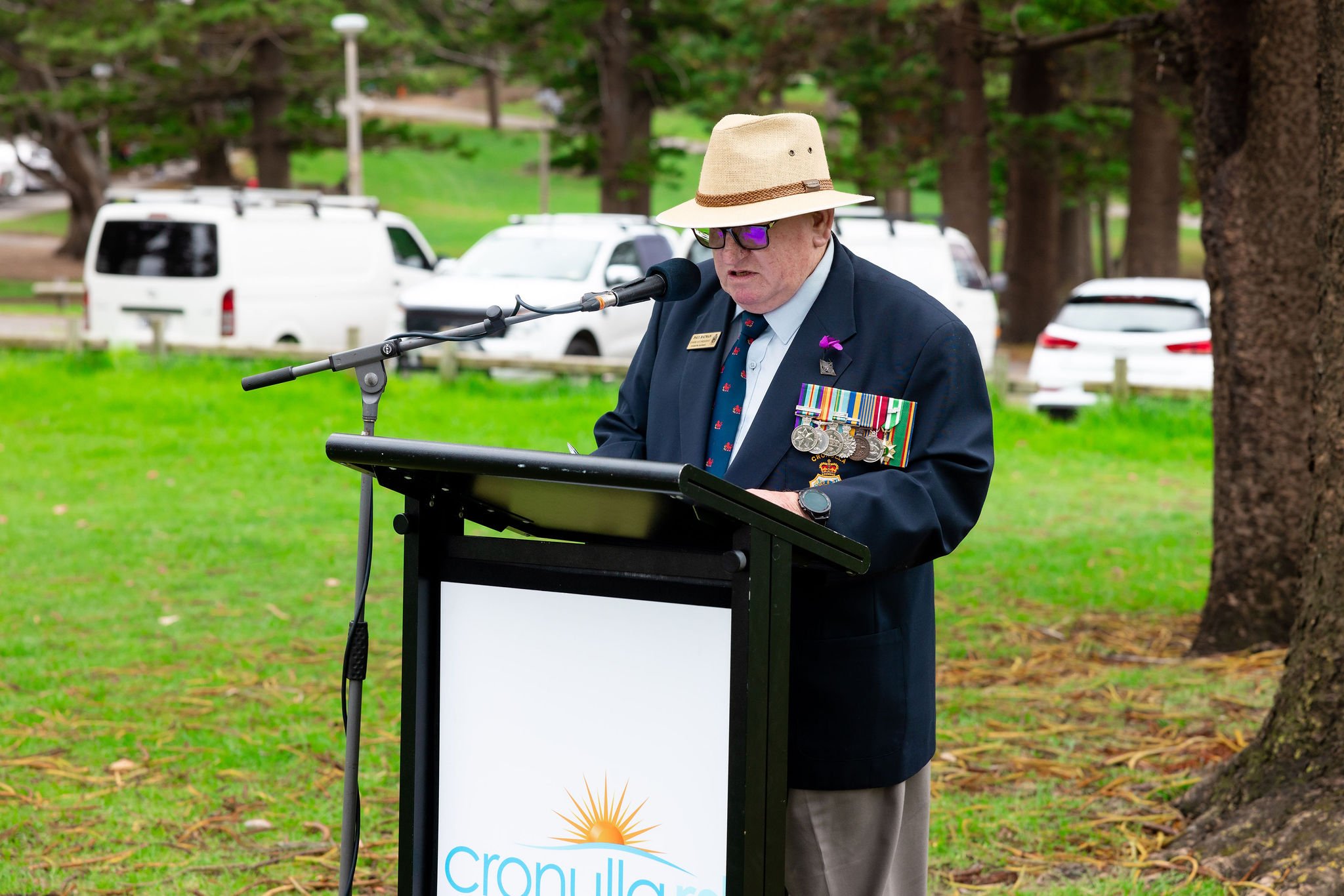
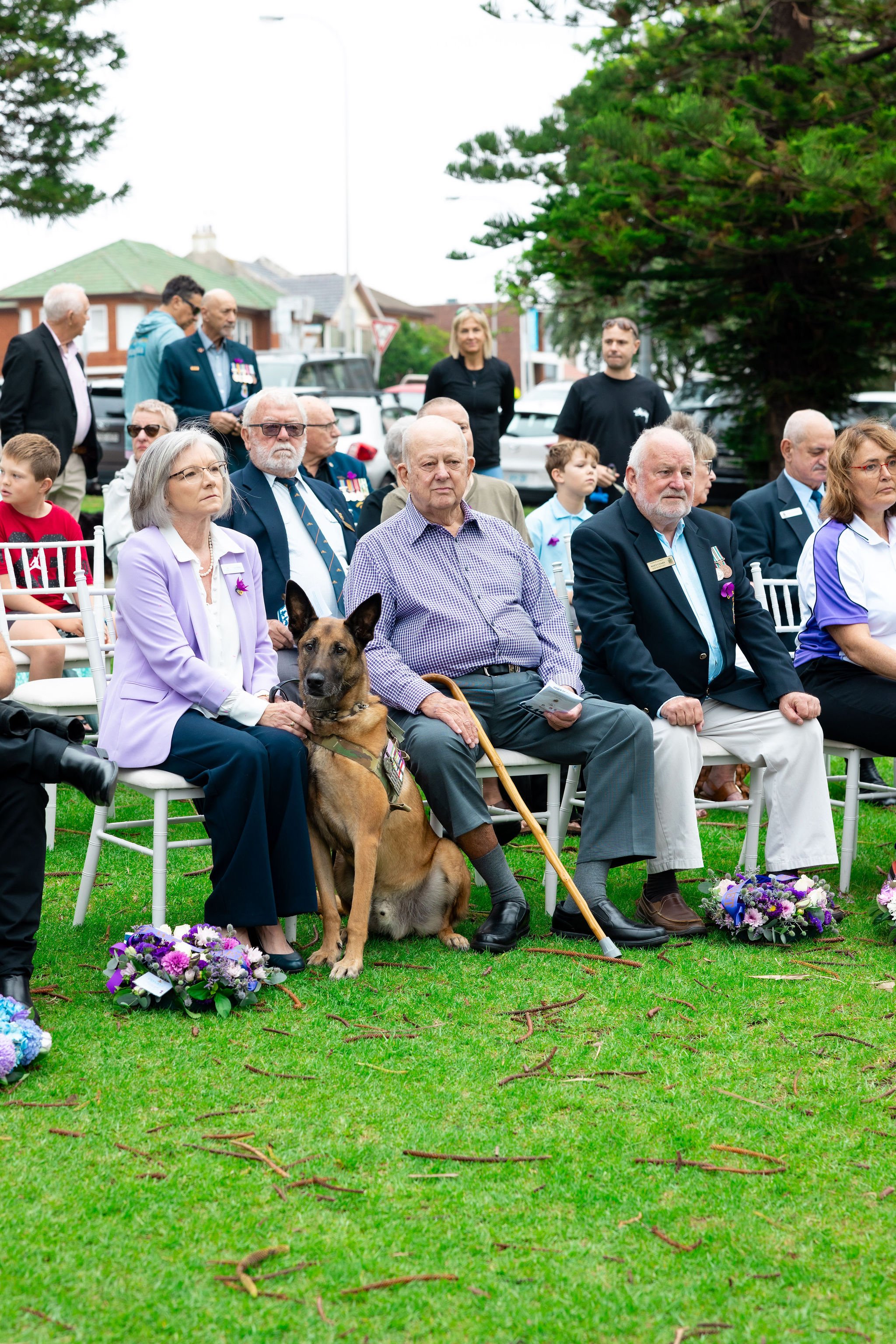

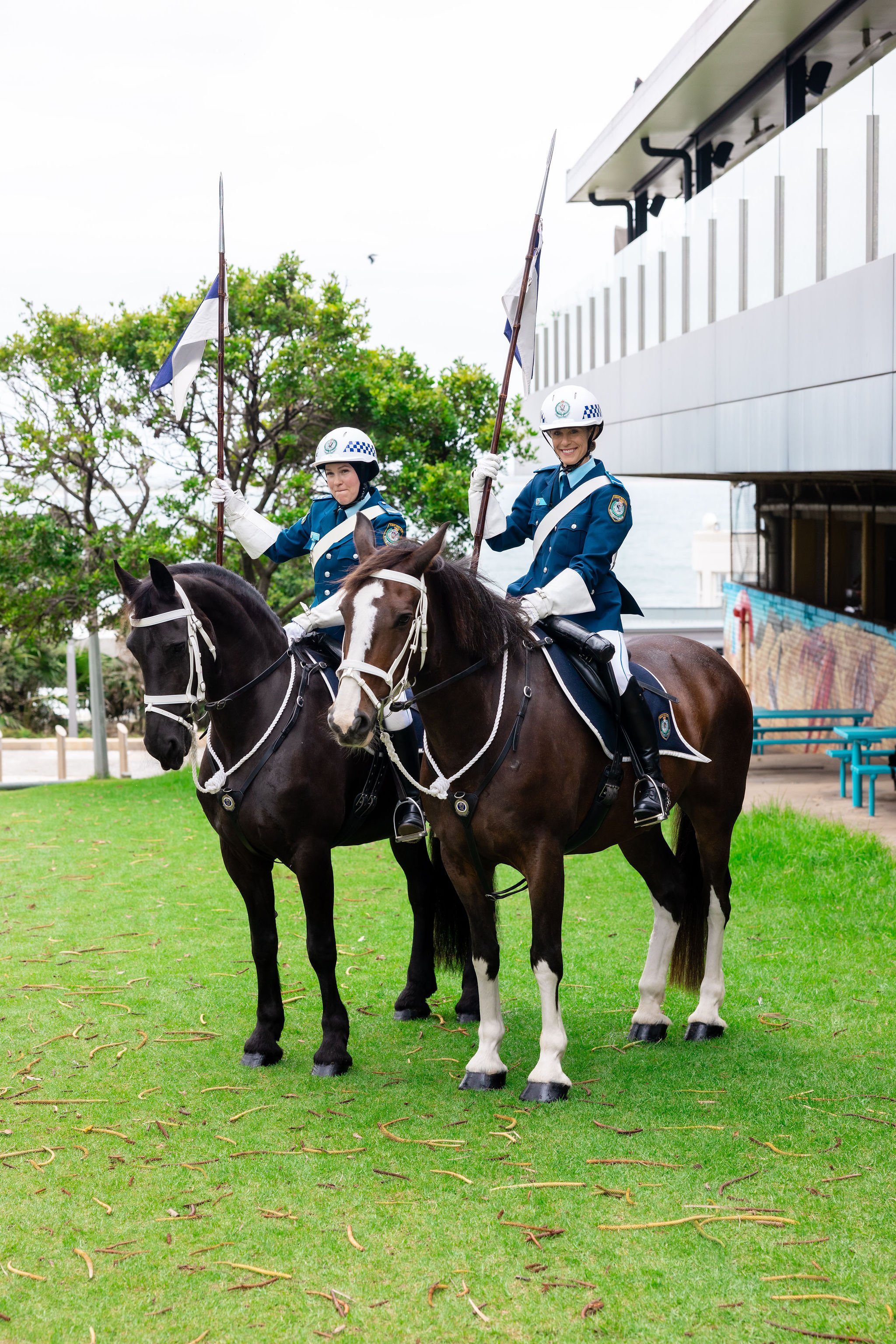
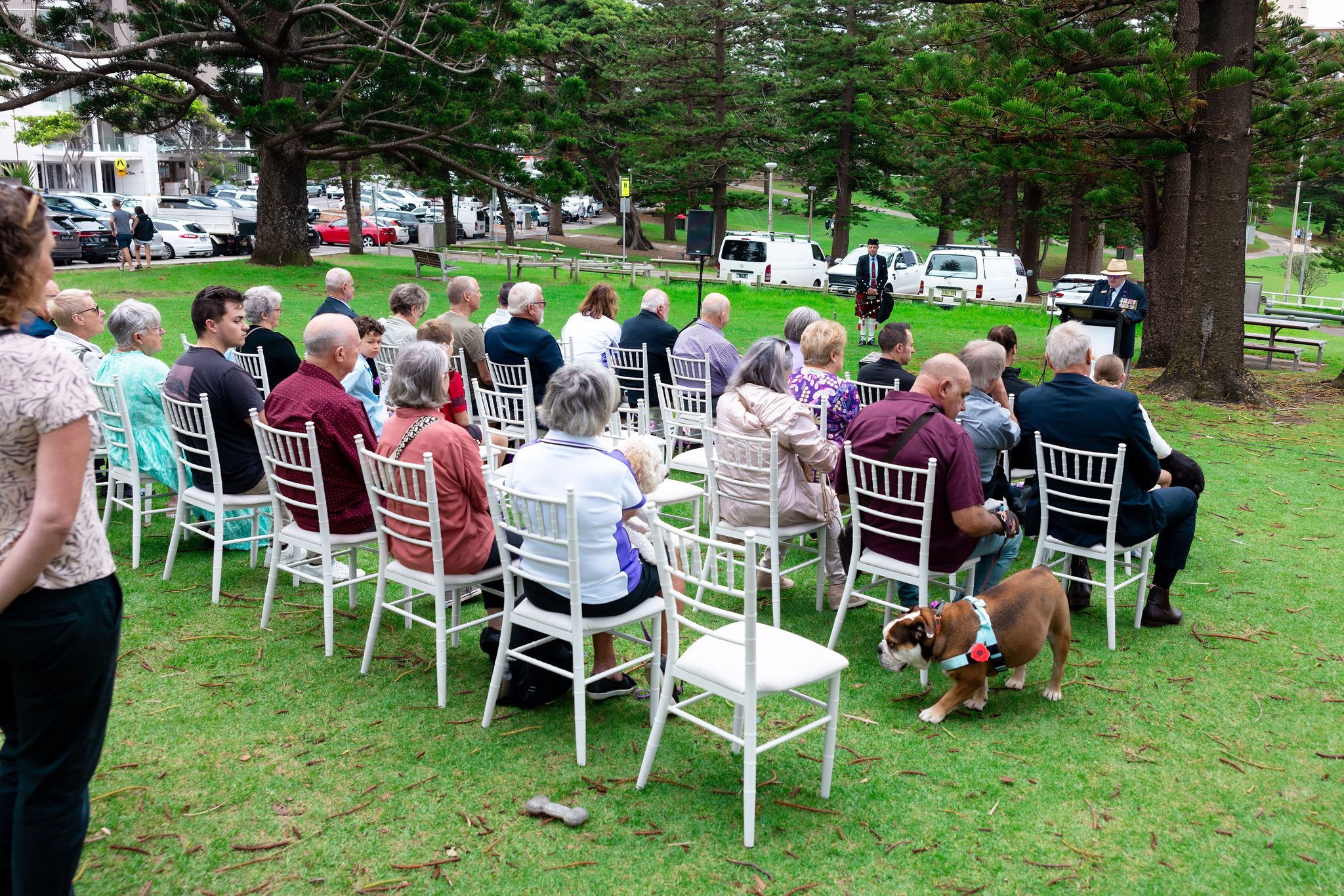
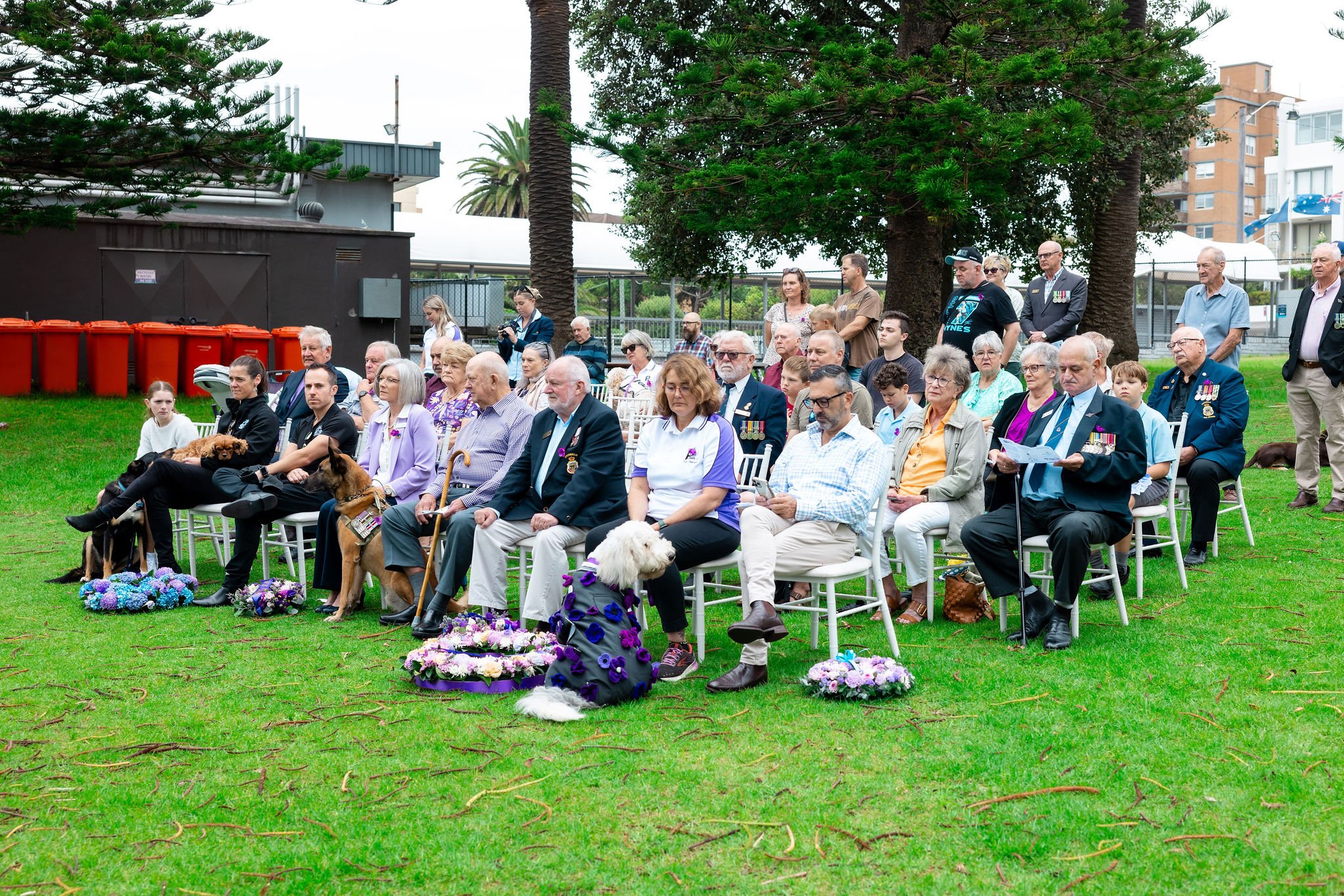
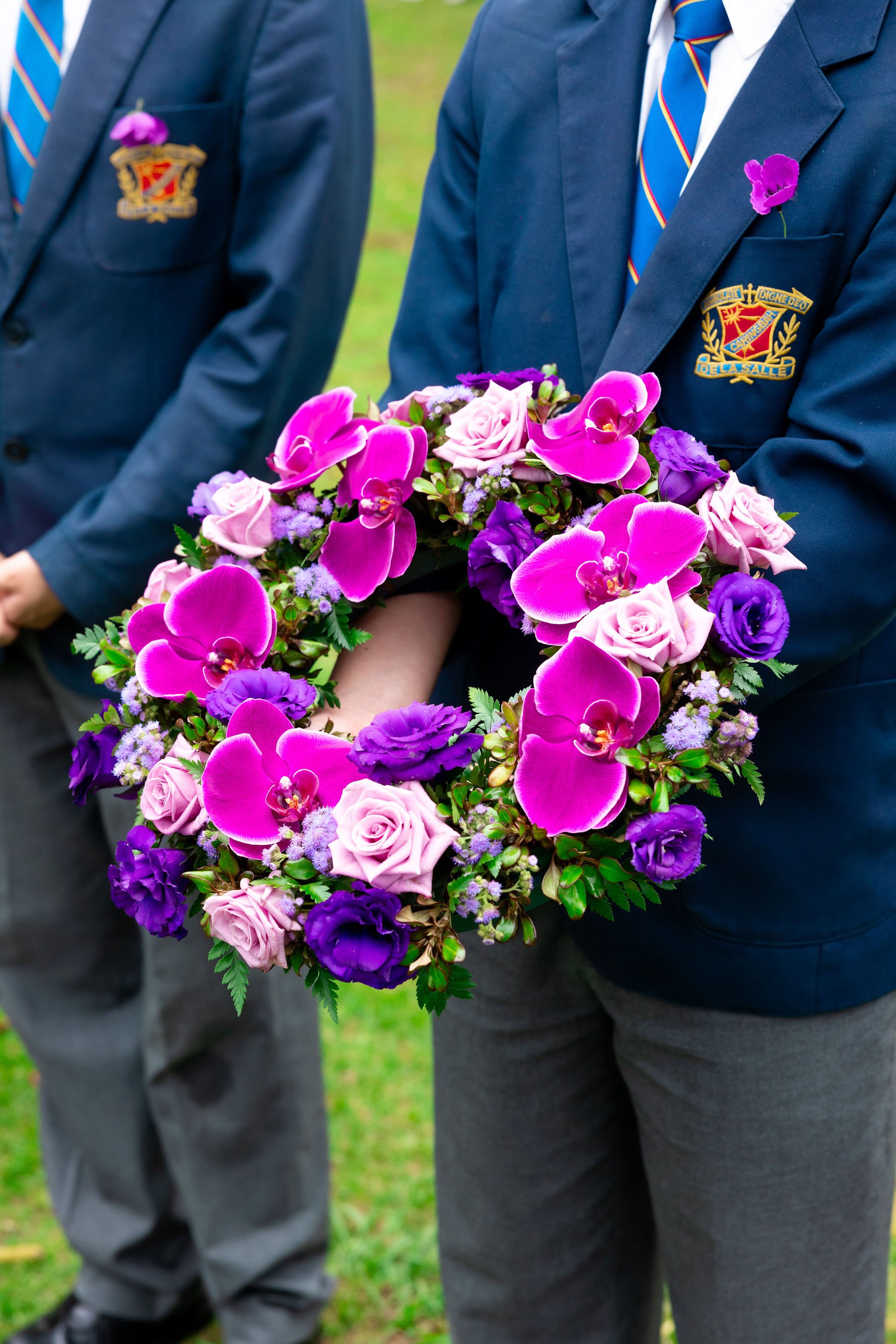


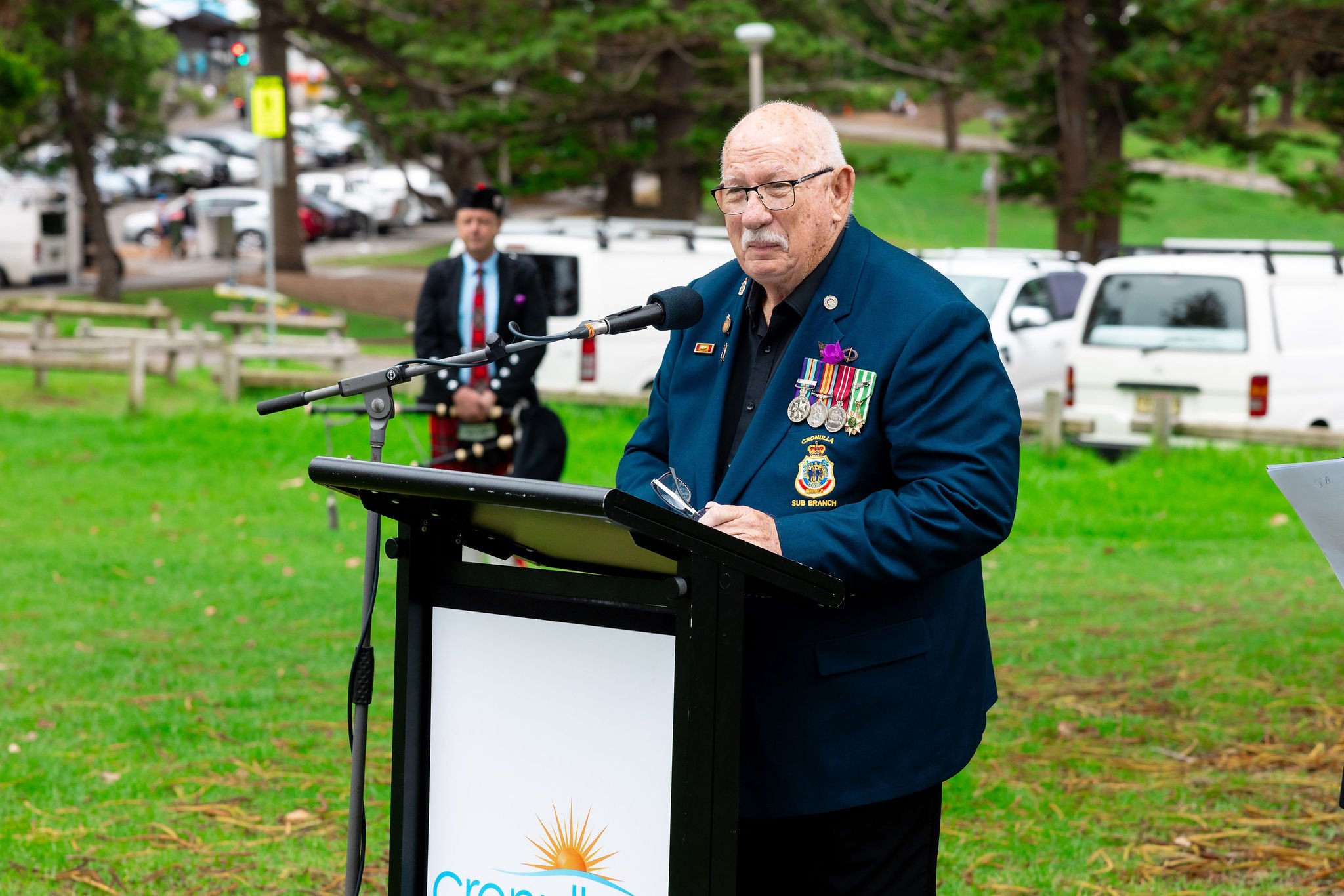
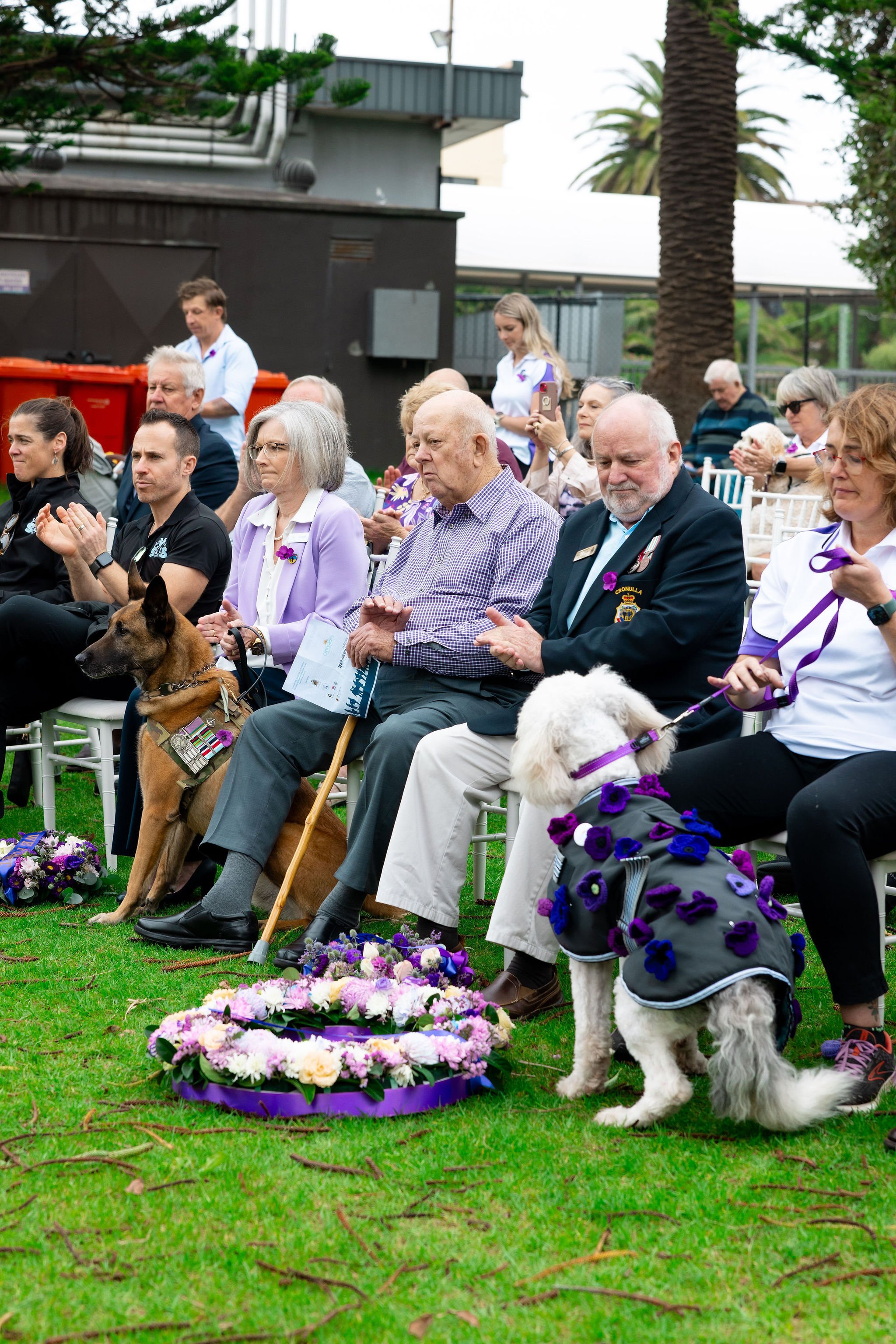
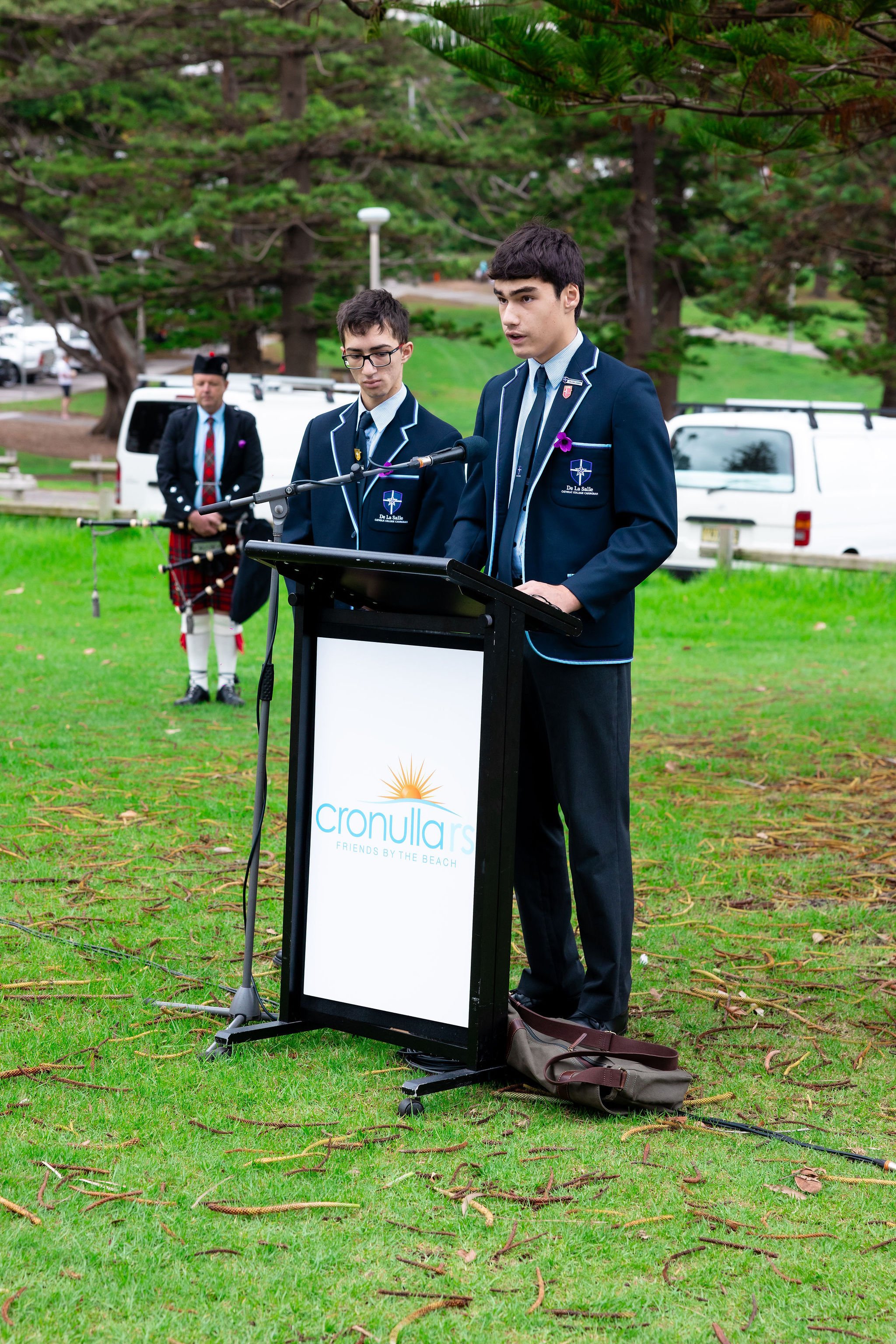
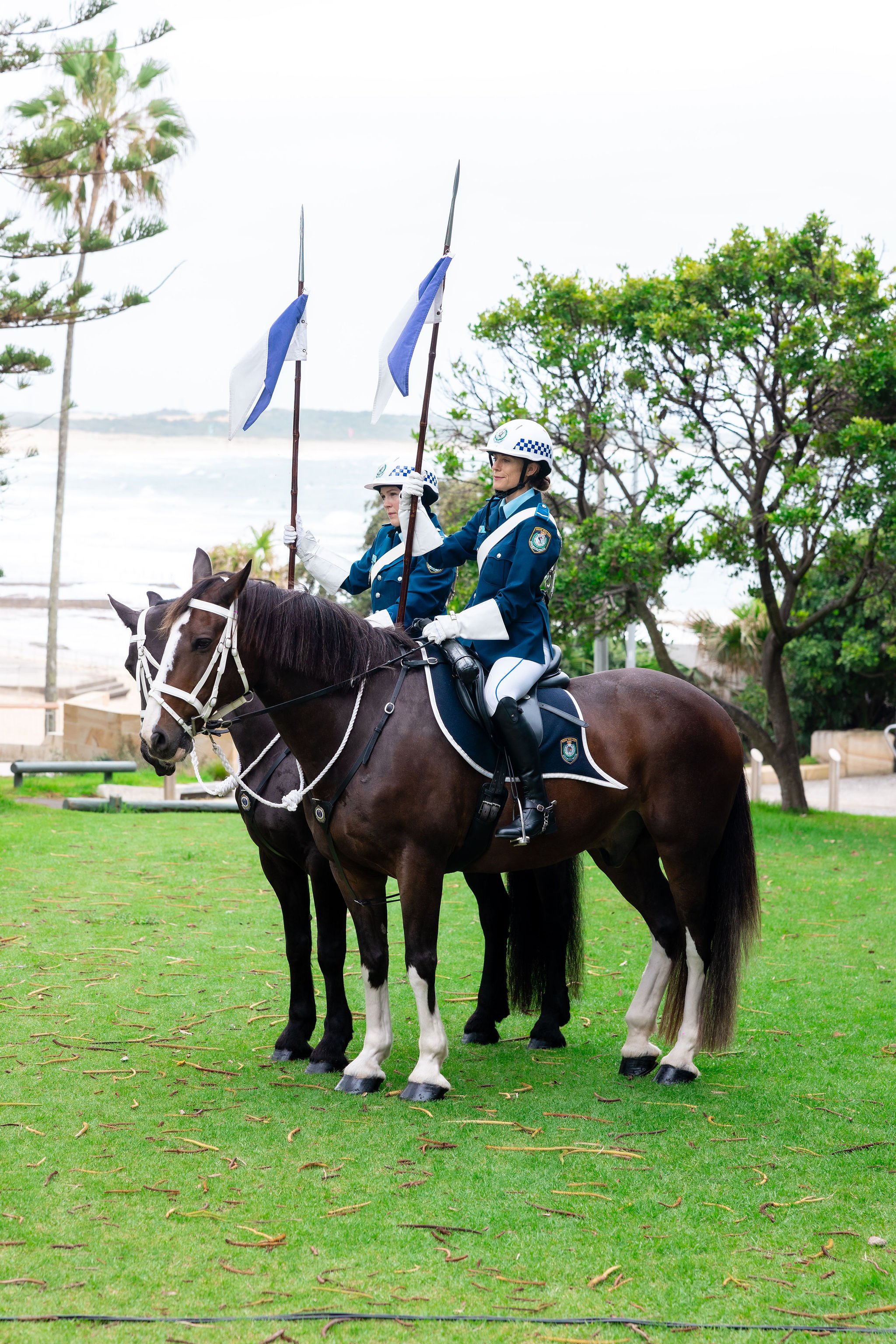
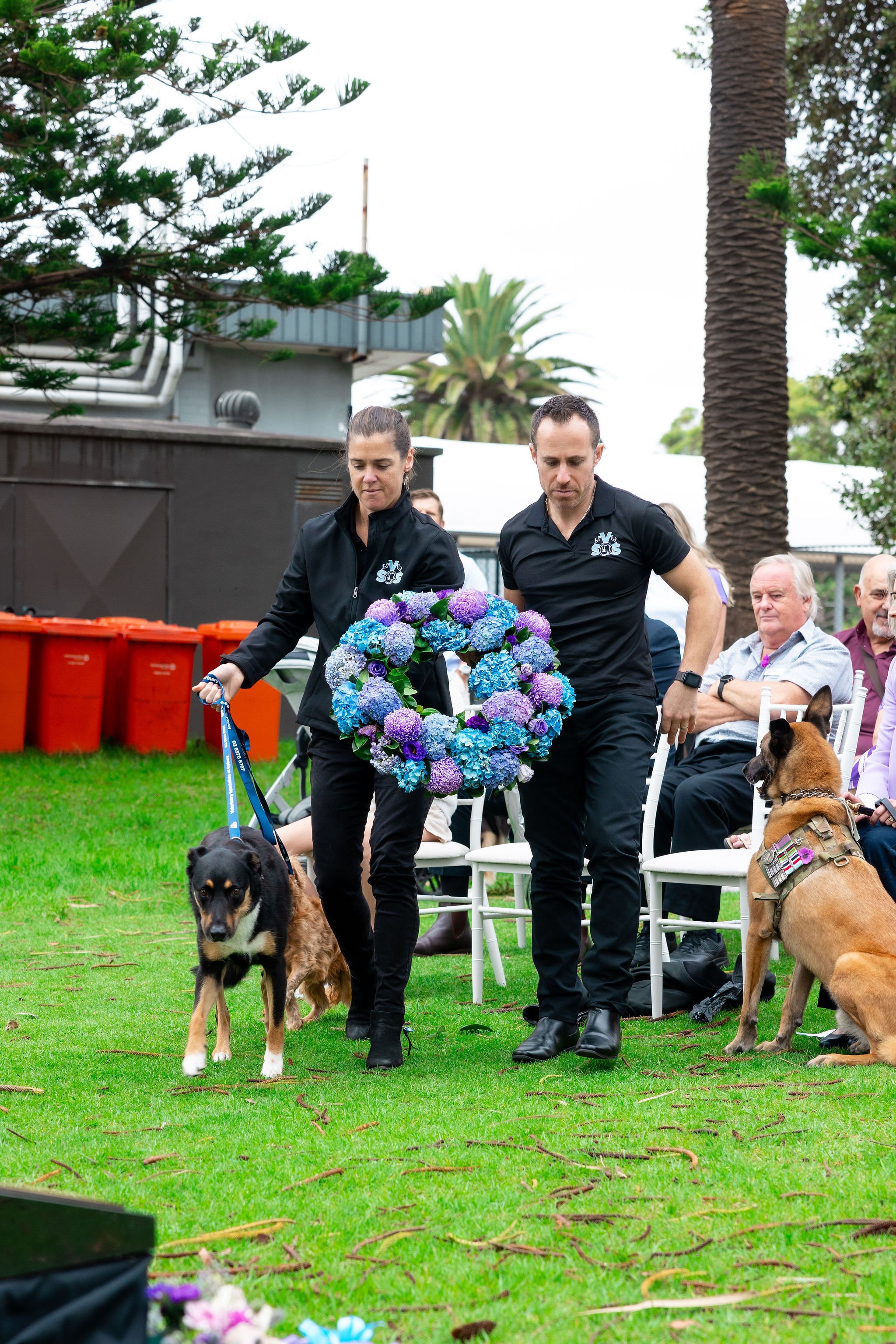
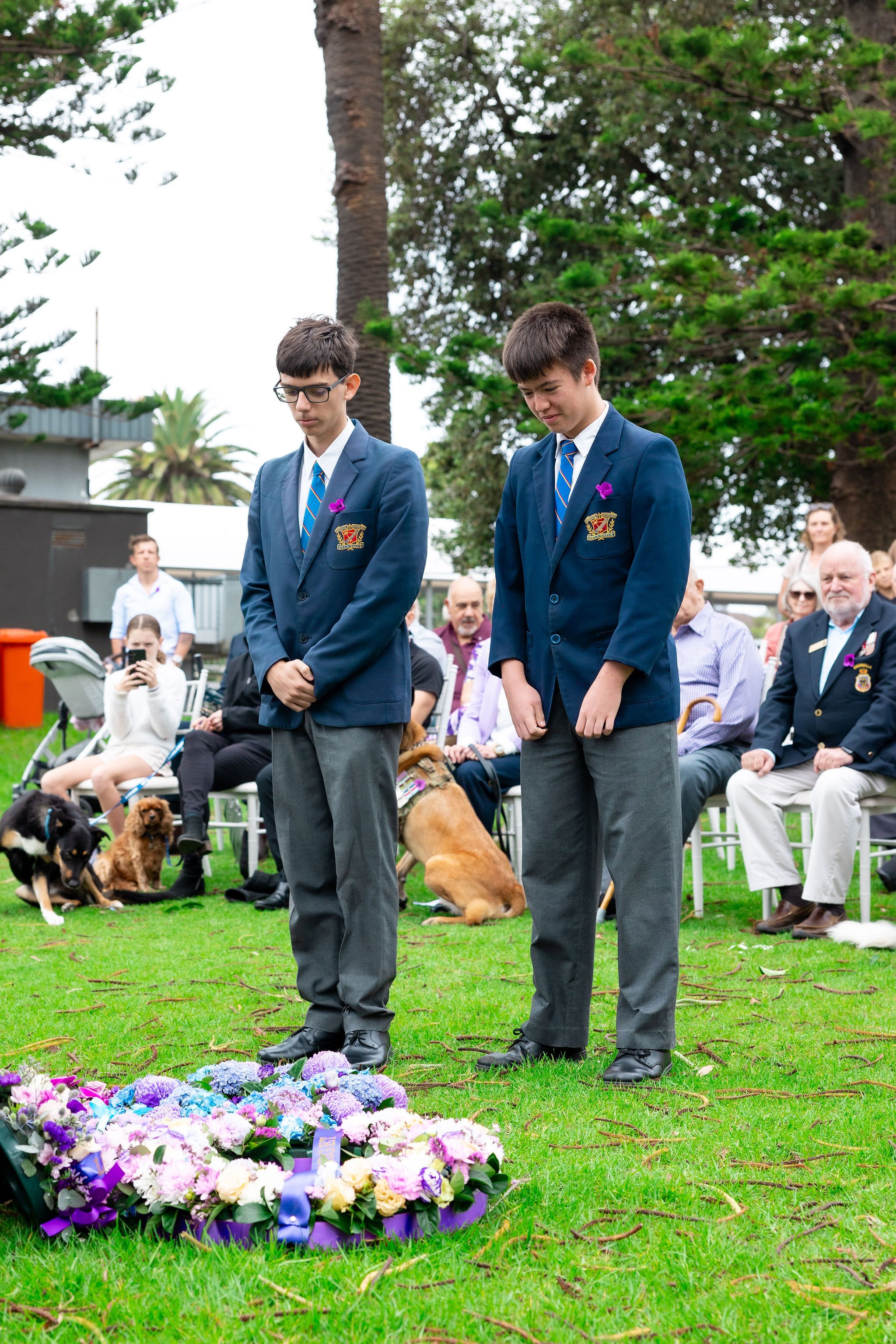
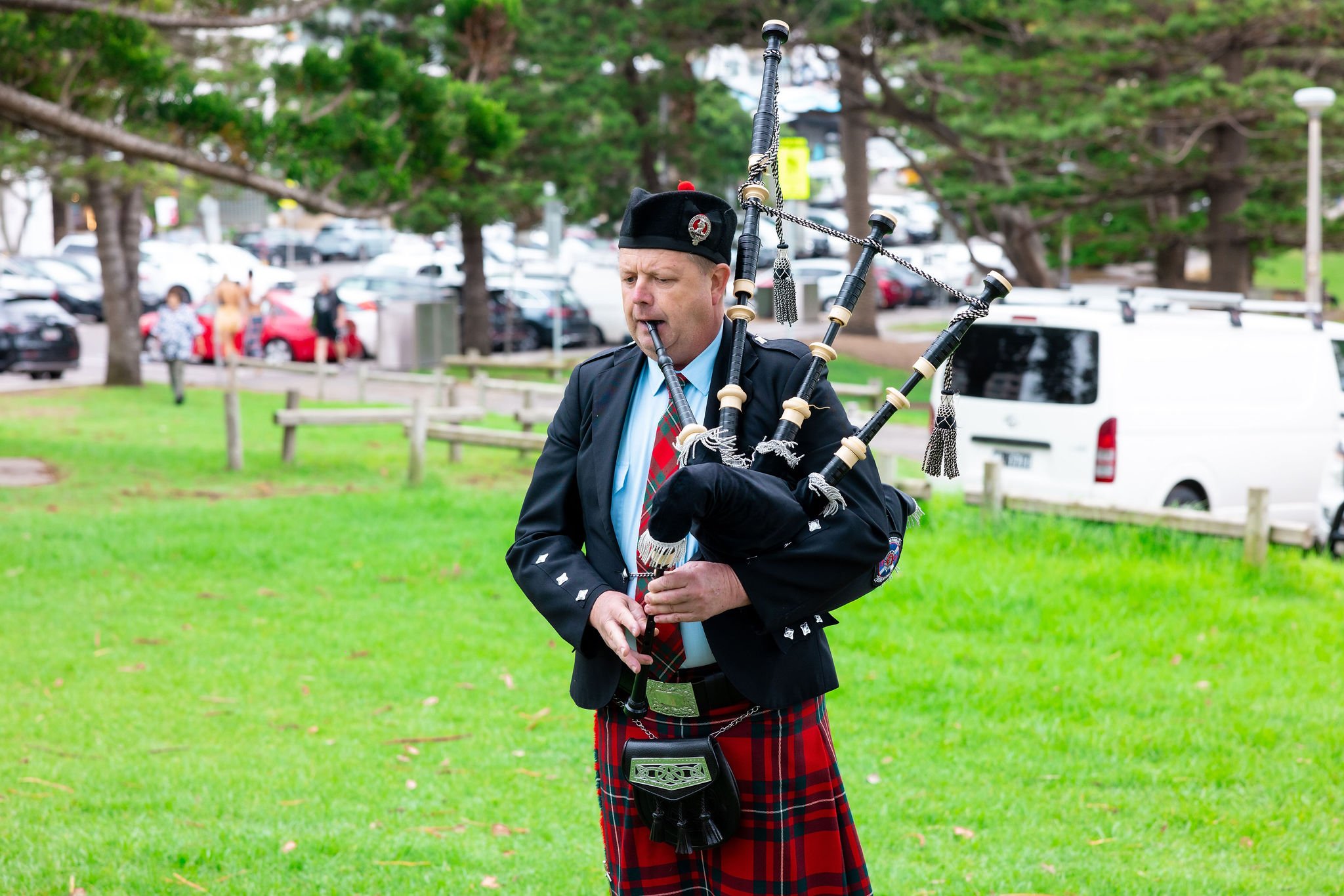
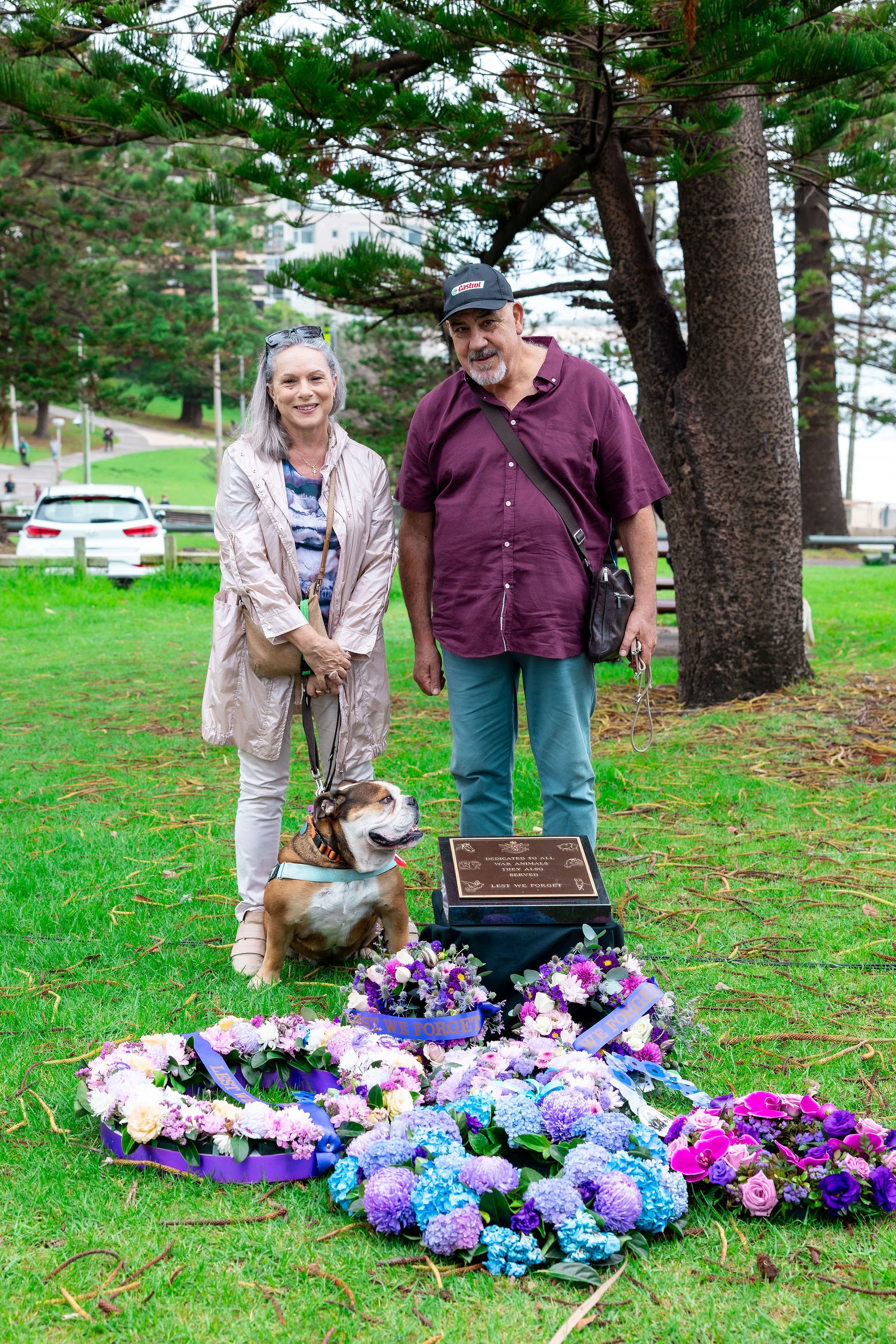
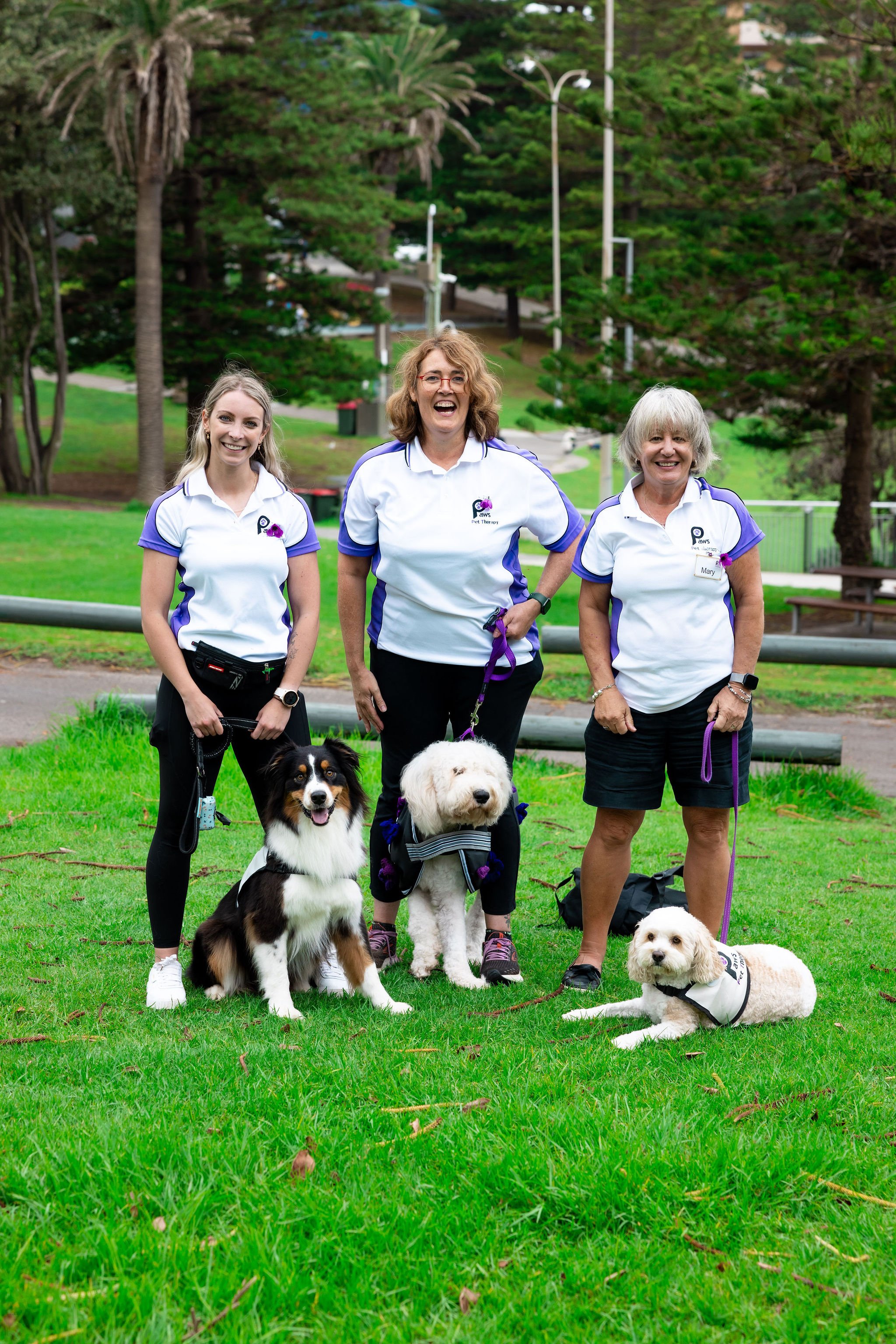
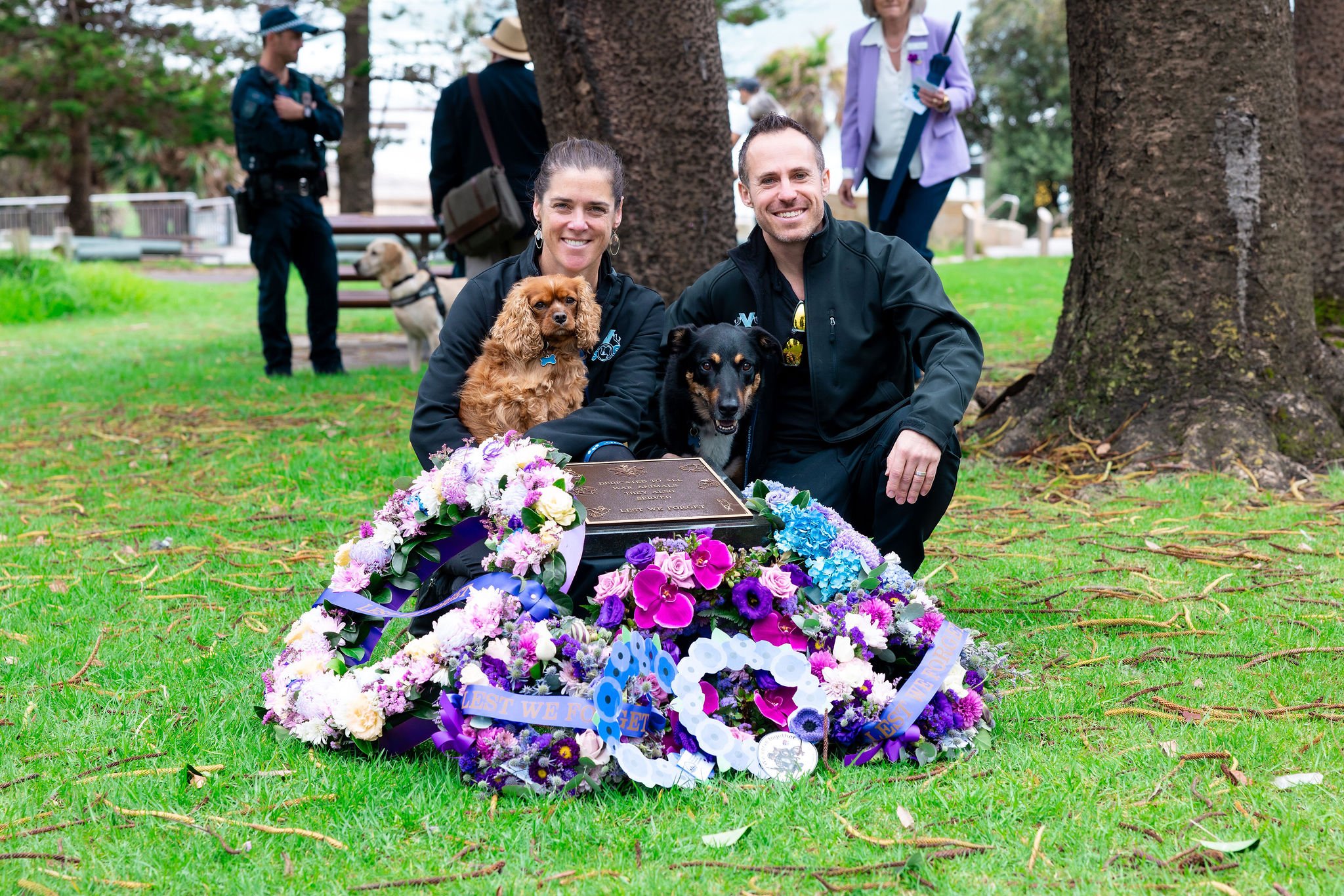
Cronulla RSL & Cronulla RSL Sub-Branch commemorate War Animal Day.
Music: Horses Stay Behind (One Last Ride) - Haystack Mountain Hermits.
Why is War Animal Day Important to Us
Animals have been put to many uses in war. Serving as transport, beasts of burden, messengers, protectors, mascots, and pets. They have played an important part in all wars in which Australians have been involved.
It is estimated that more than 8 million animals died in WW1 alone: 400,000 horses left our Australian shore - only one was allowed to return home. 20,000 dogs, 200,000 pigeons, camels, mules, donkeys and even insects all played their part in battle.
During the Vietnam War, the use of Agent Orange destroyed the habitats for Elephants, Asian Tigers, Civets, Leopards, and other species causing their extinction in this area. At least 40,000 animals were killed by landmines for the 20 years that followed.
The current war in Ukraine has affected millions of animals. From wildlife to beloved pets, many animals have died and even more remain starving, traumatised, or in dire need of care. Devastatingly, thousands of animals have had to be left behind as people are forced to flee their homes.
Dogs like Manic, our local veteran war dog, are trained for specific jobs, including tracking, explosive detection, patrol, search & rescue, and attack. In the thrones of combat, war dogs proved their intelligence, courage, and steadfast loyalty time and time again. Most importantly, they offered comfort and companionship on war's brutal battlefields.
WWII hero Smoky, became the first war dog to be honoured with Distinguished Service Medal in the USA. The medal is the highest award American animals can receive. Found in an abandoned foxhole in New Guinea, the Yorkshire Terrier spent two years backpacking through the jungle with troops. She slept in their tents and shared their rations. Smoky participated in 12 air-sea rescue and photo reconnaissance missions. She survived 150 air raids on New Guinea and made it through a typhoon on Okinawa. She was credited for saving lives of others by warning the soldiers of incoming fire.
Donkeys were in constant demand to carry supplies to the frontline.
The homing ability and navigational skills of carrier pigeons saw them used during the First and Second World Wars. Some were even awarded medals for gallantry.
On our own shores, many agencies still use animals like to perform duties in our police and border force, such as patrols, special operations, parades & escorts. Our police Dogs are amongst the best trained in the world, crucially important in the detection of drug, firearms/explosives and human remains.
These animals displayed great valour, courage and bravery.
They were drafted into service, stood side by side with their humans.
By all of us acknowledging them for the incredible bond they shared, and for the sacrifices they made alongside those they served with, we can now restore some of the respect they are due.
Hold a War Animal Day Ceremony in your area.
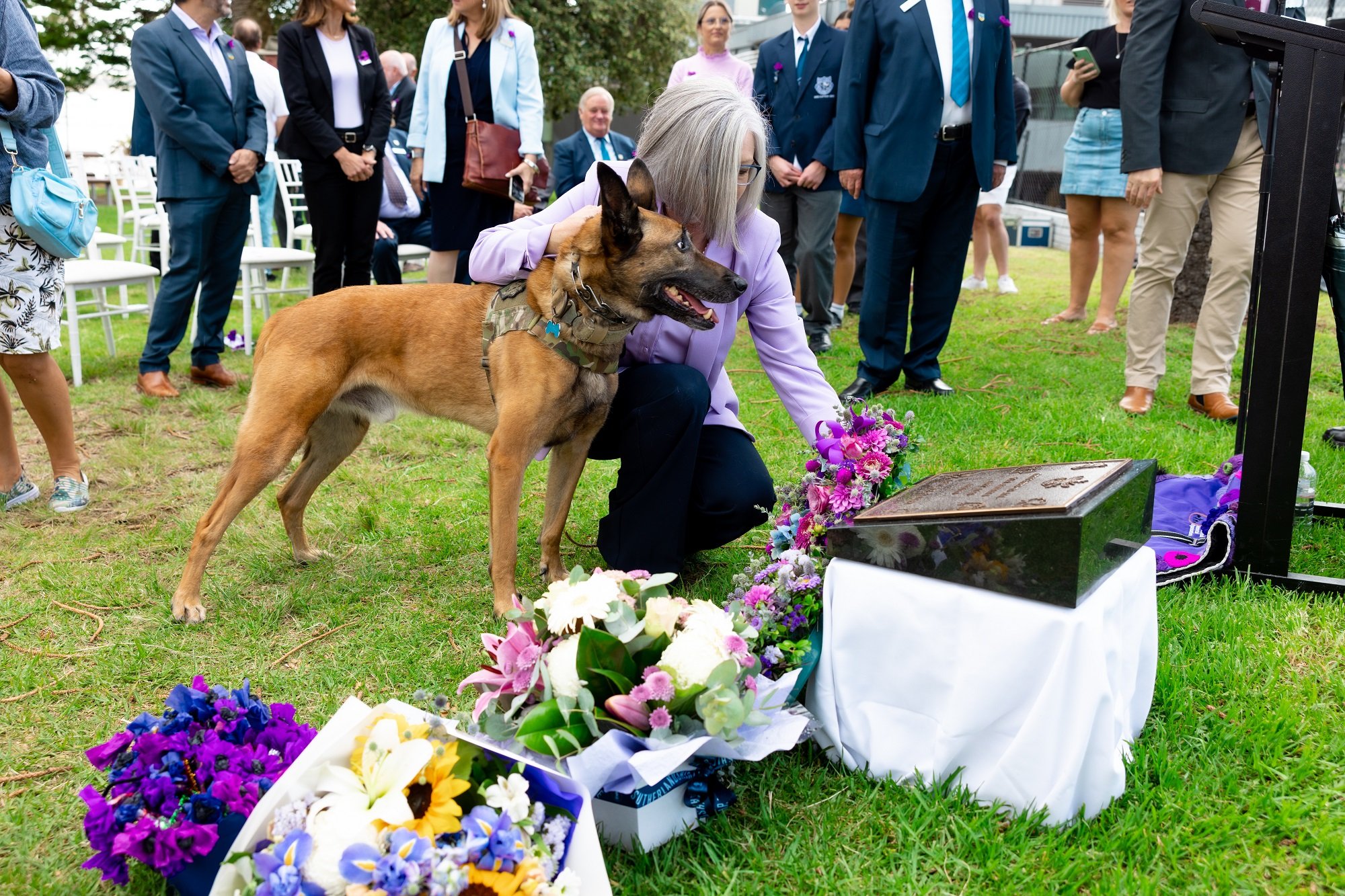
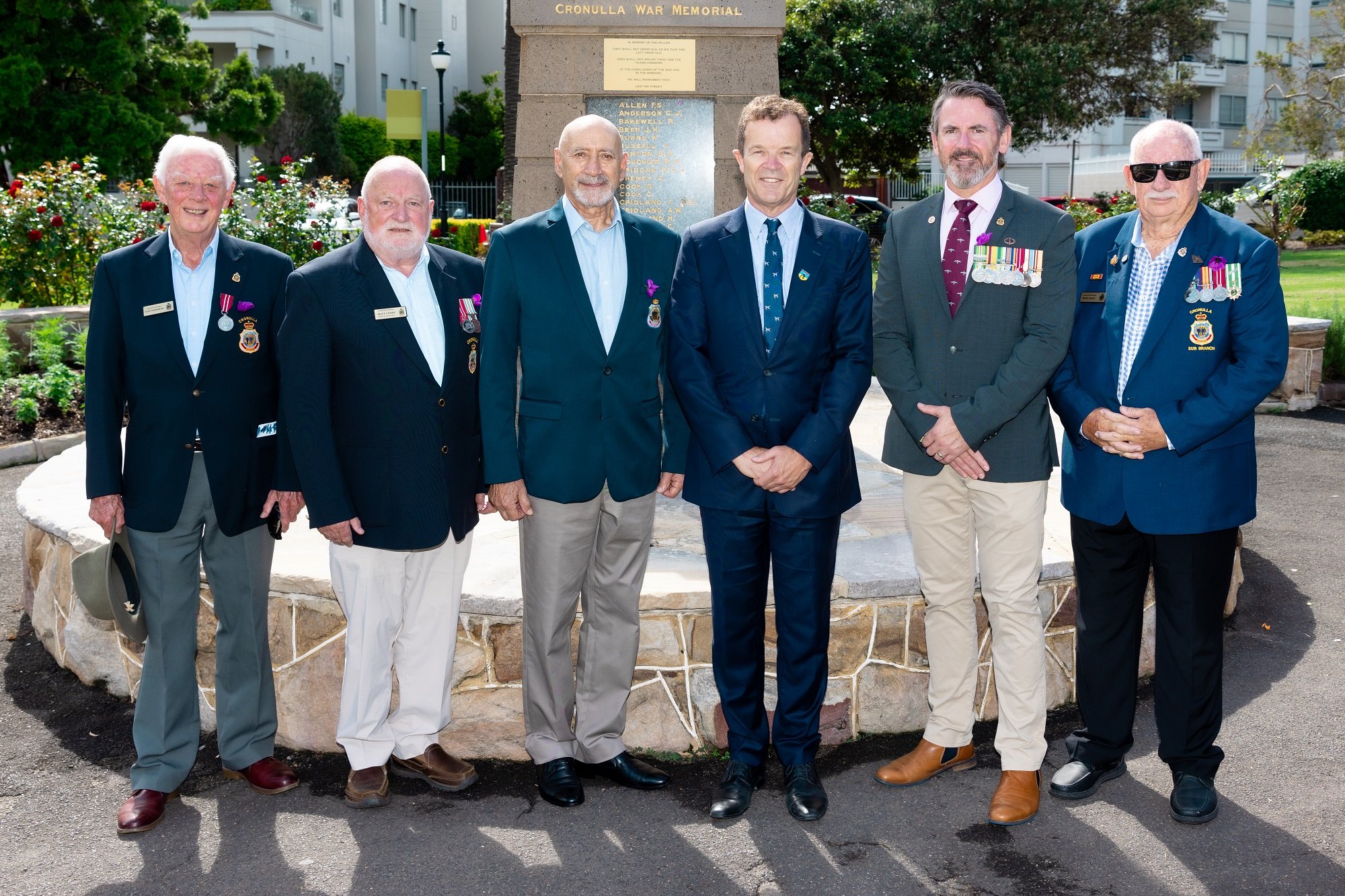


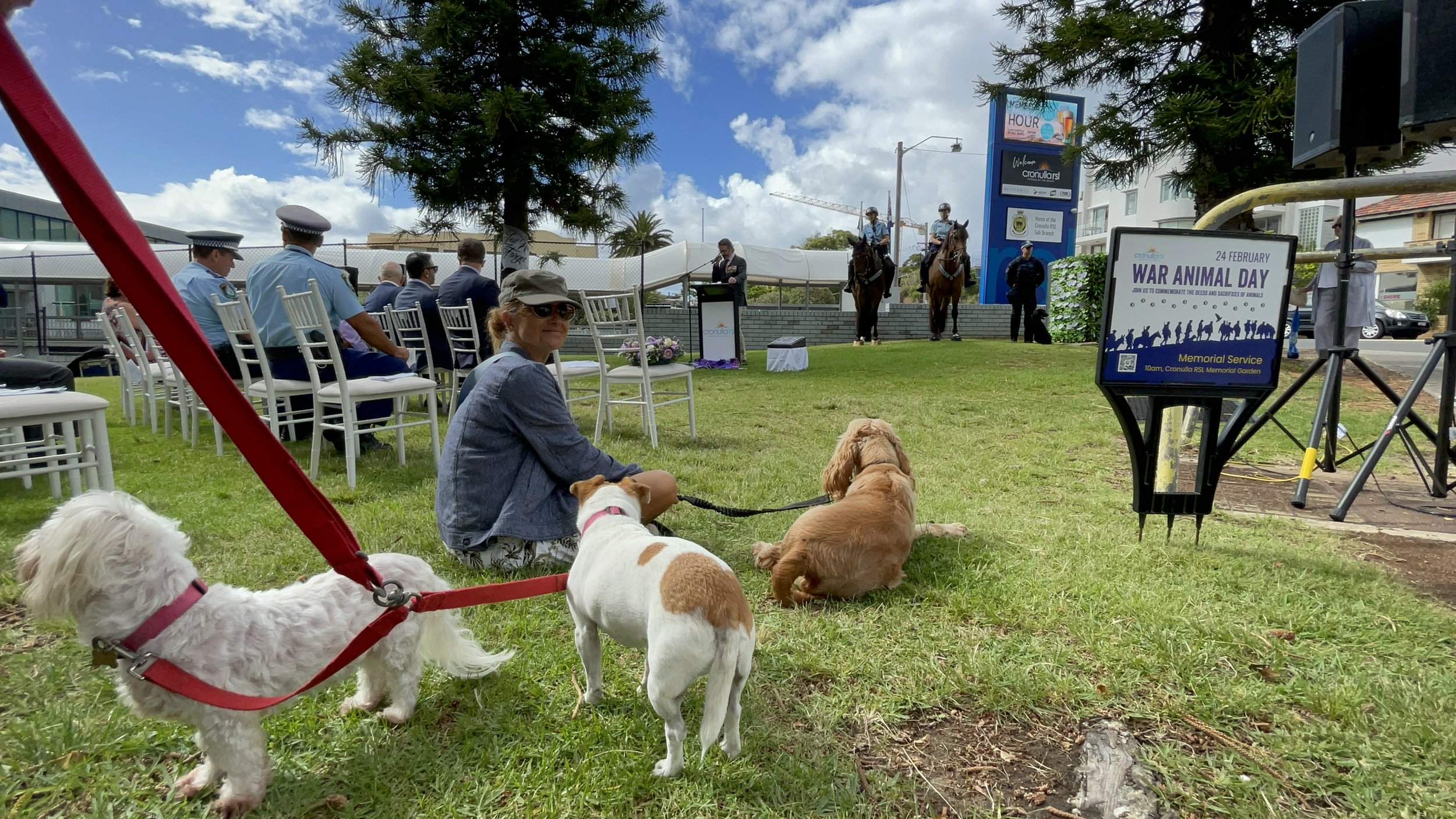
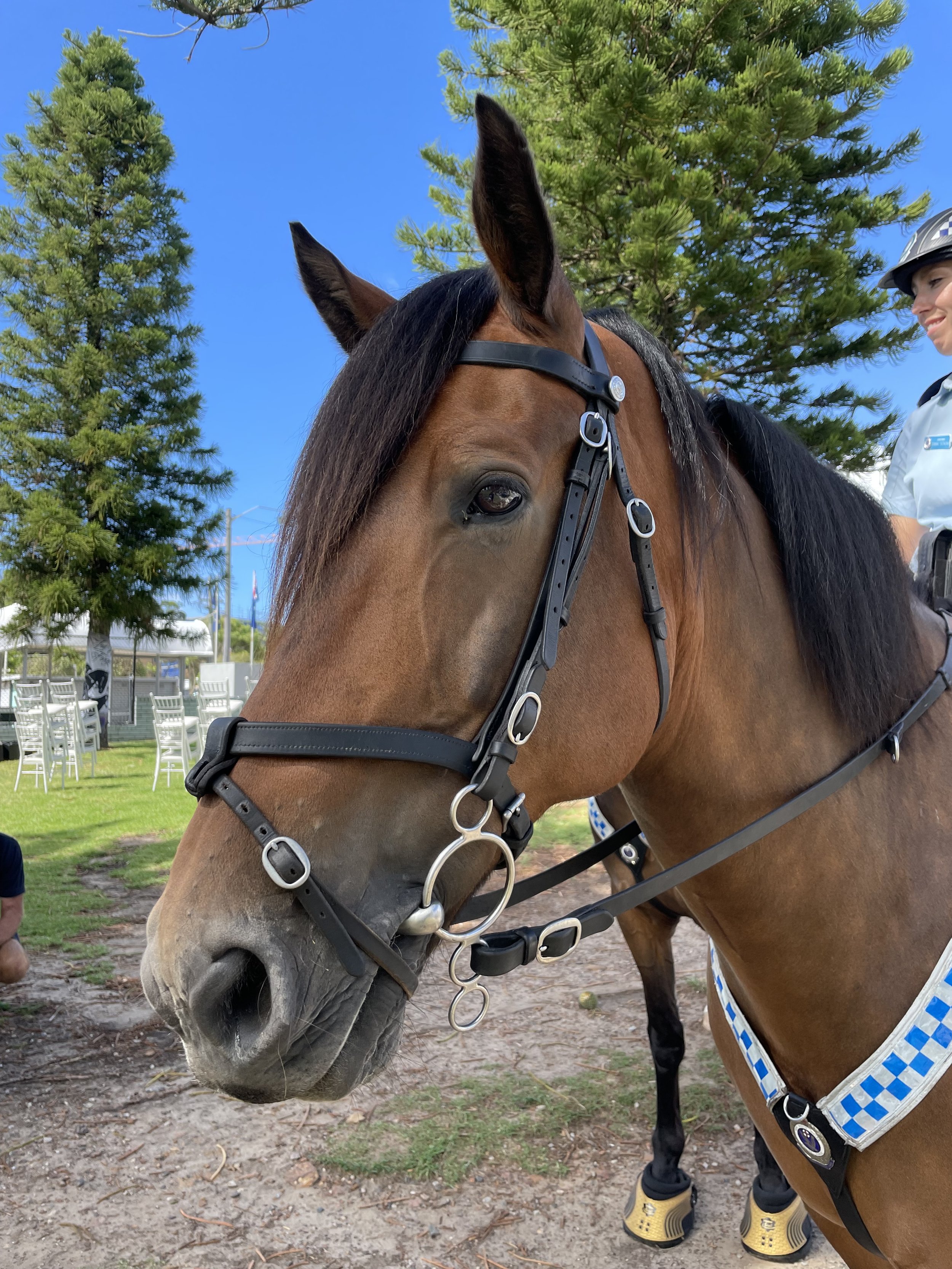

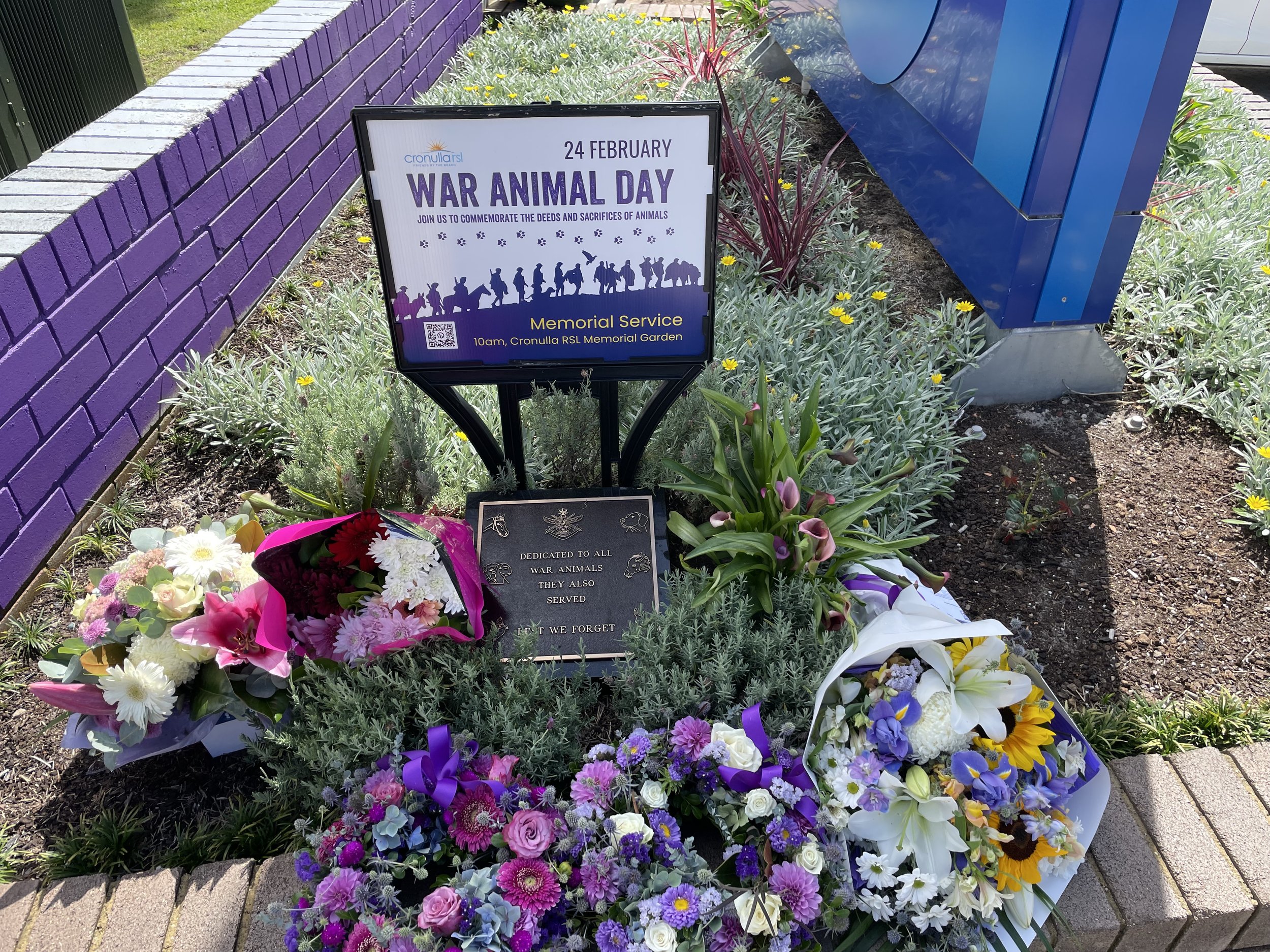


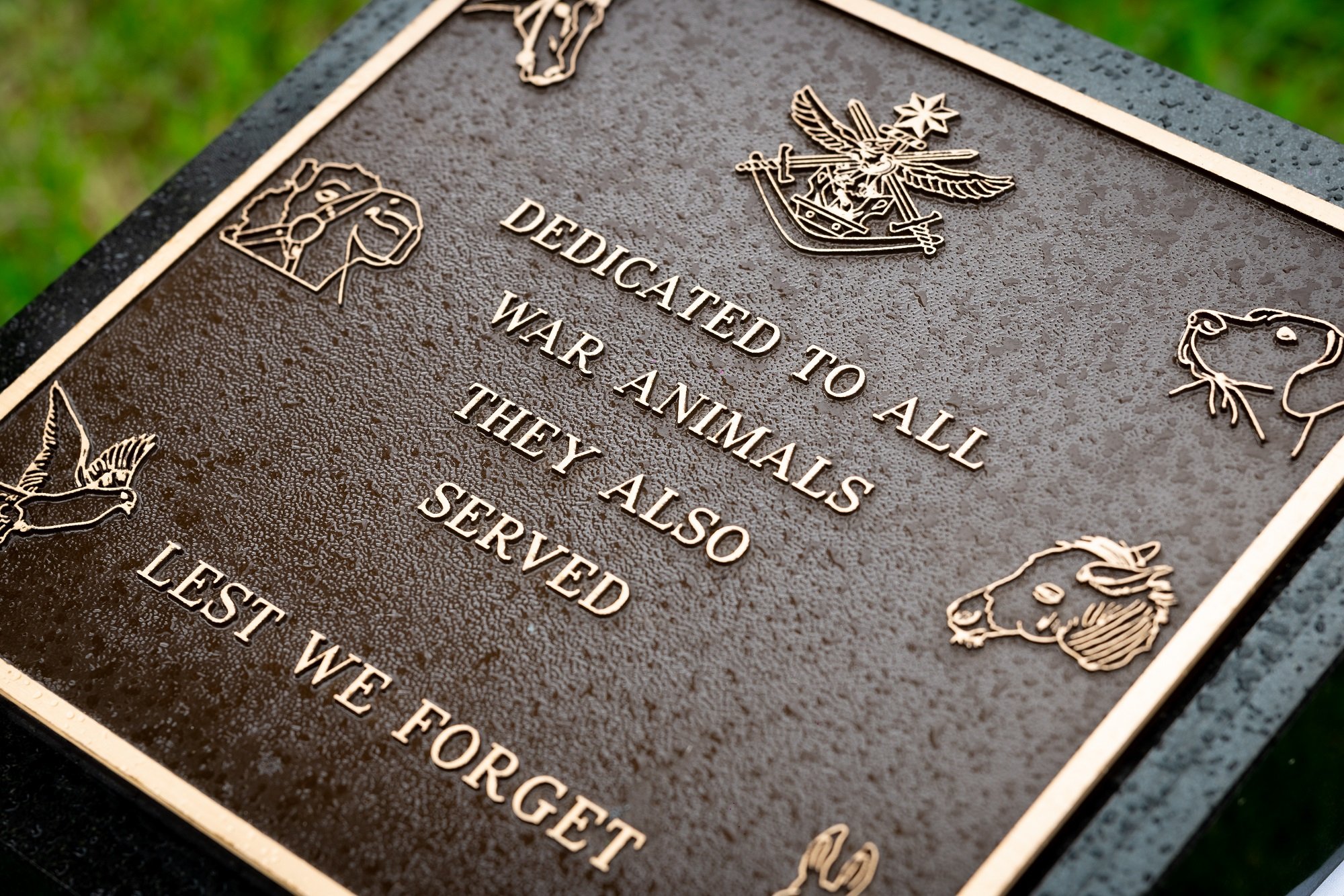
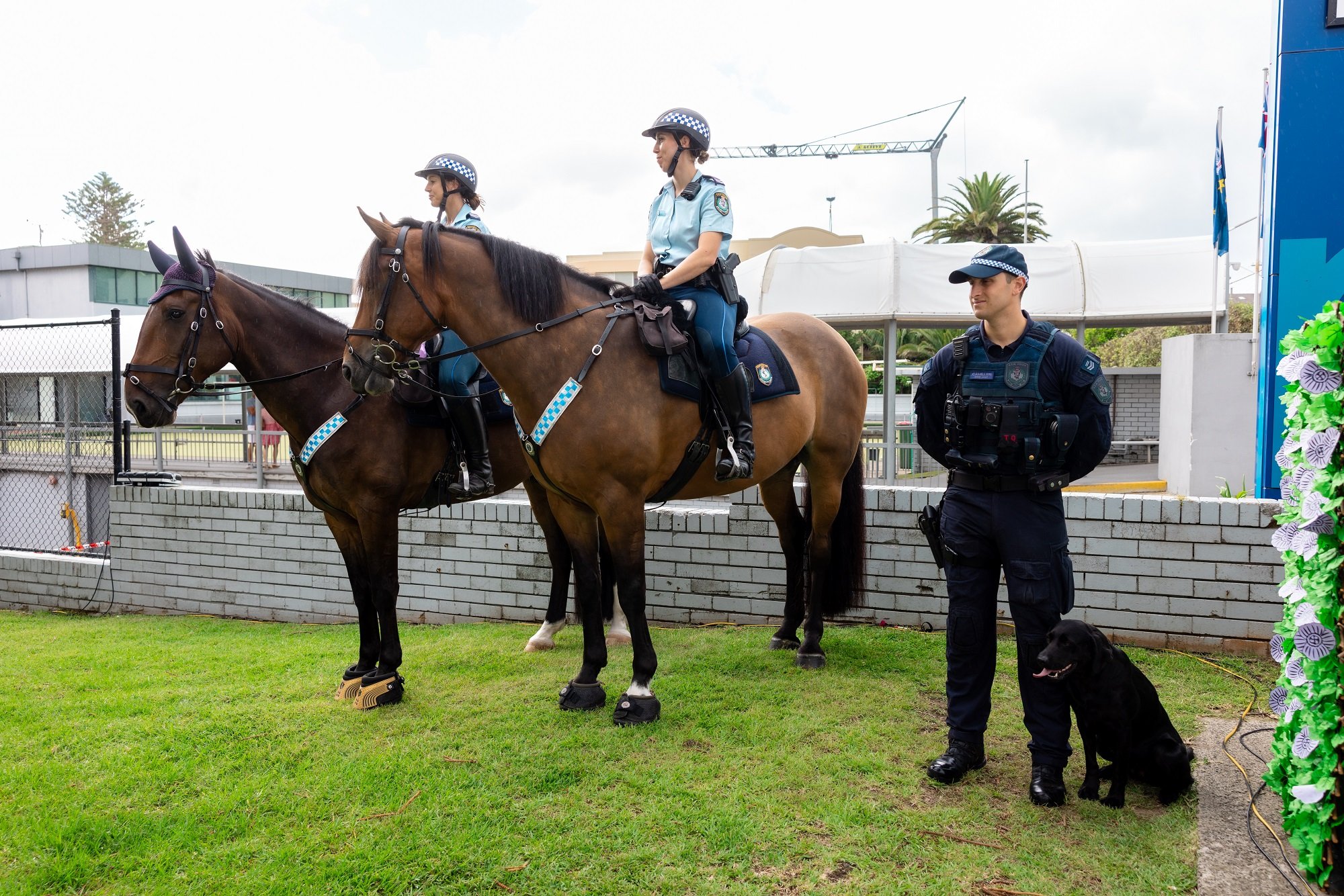
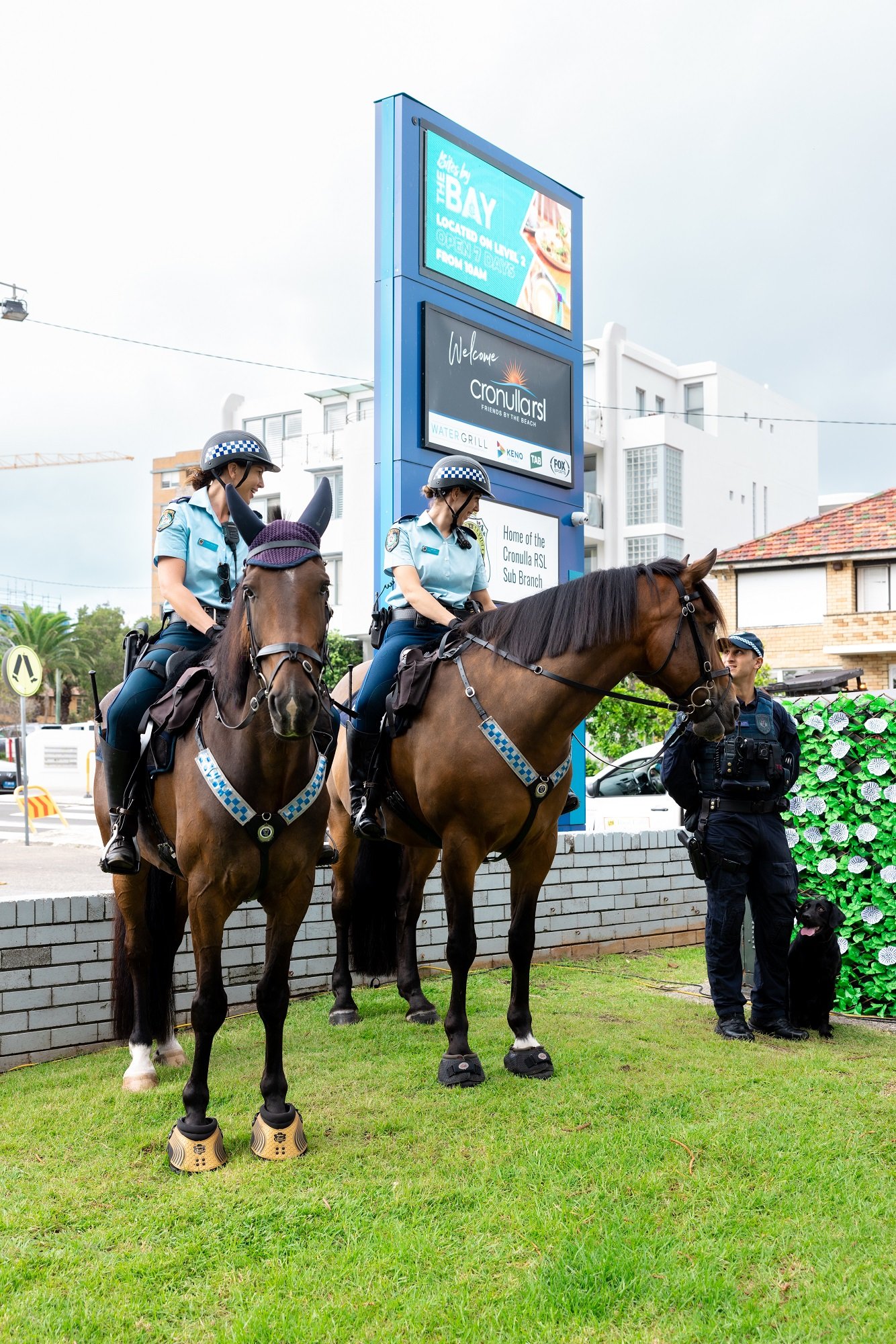
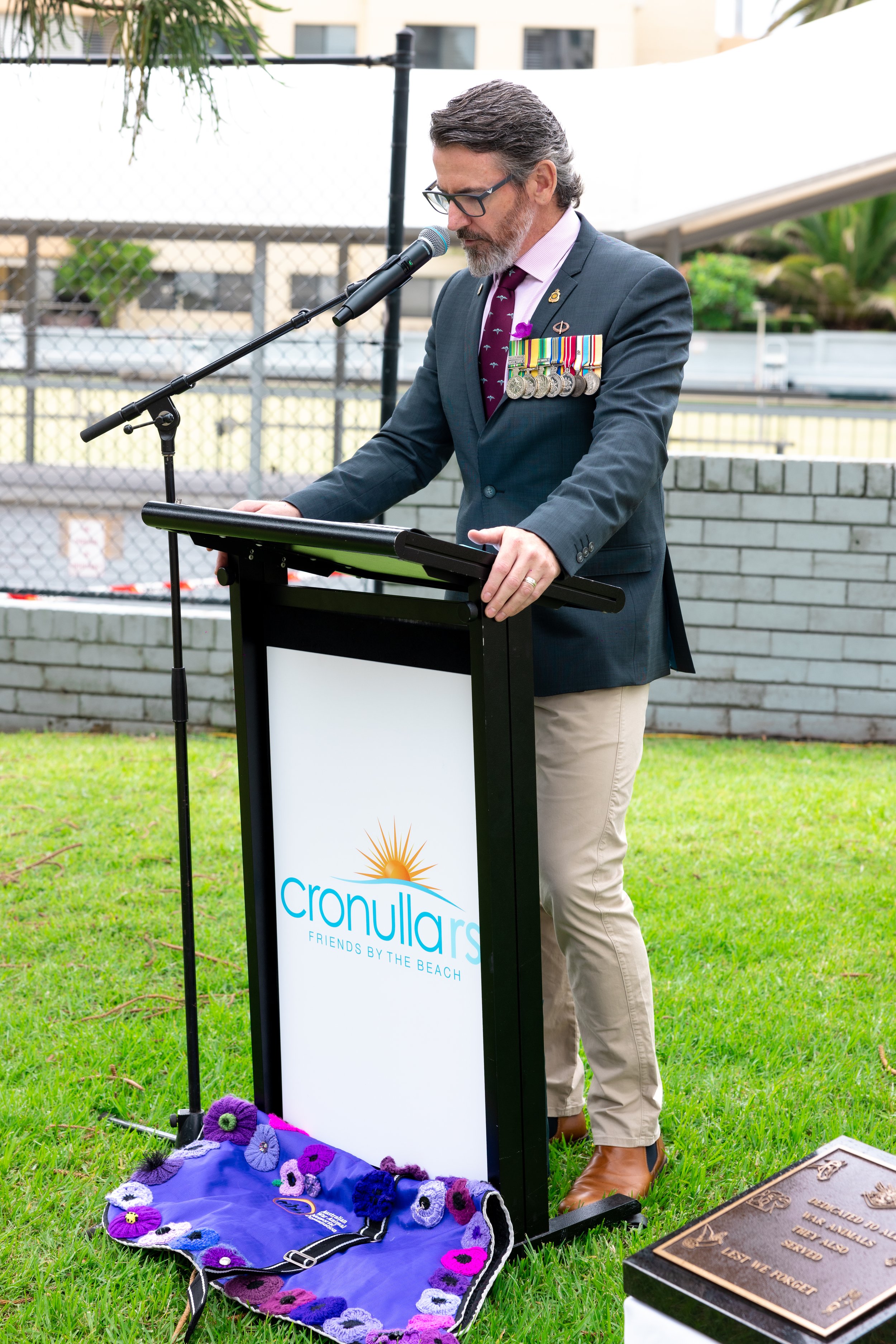
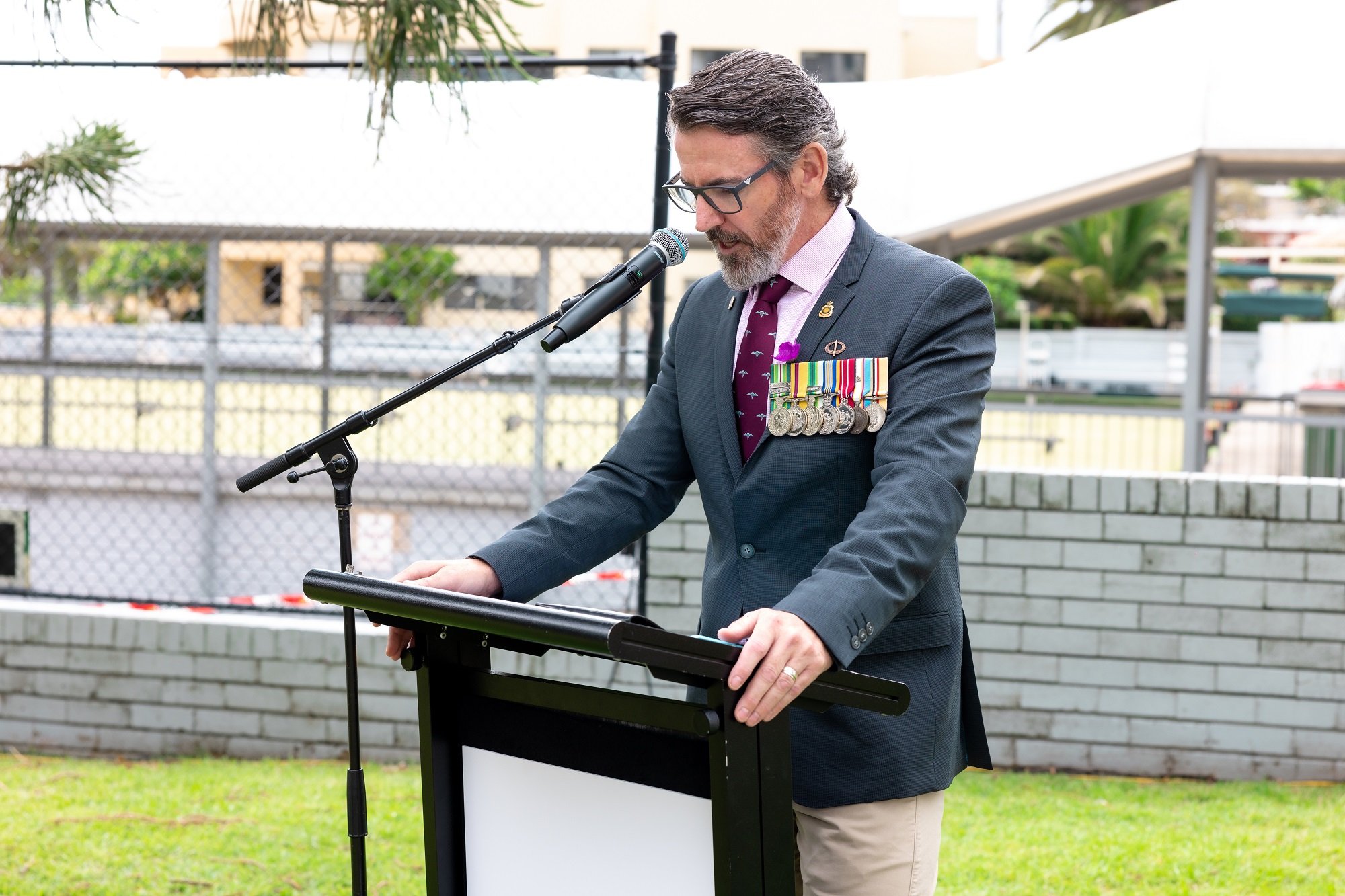
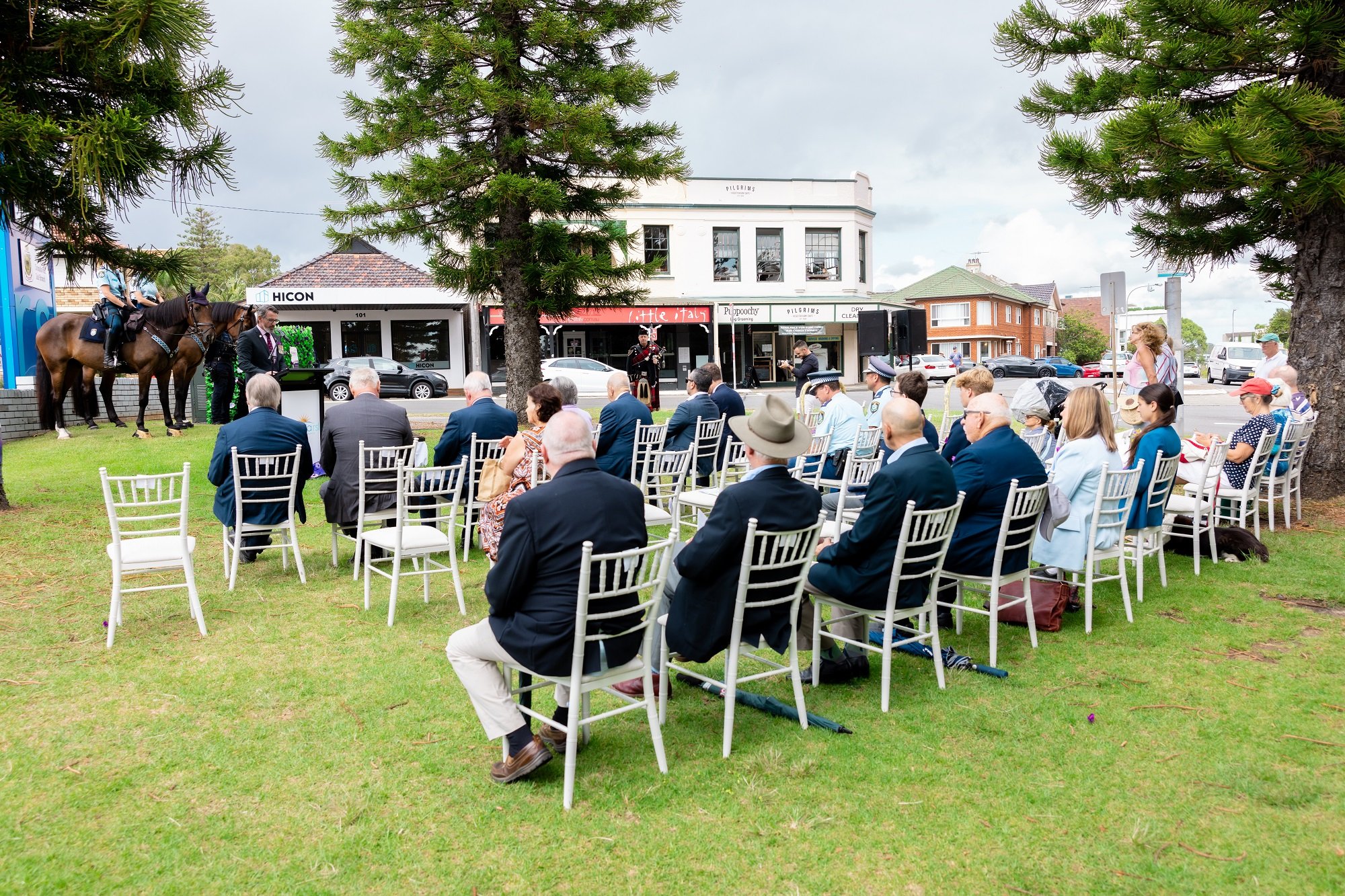
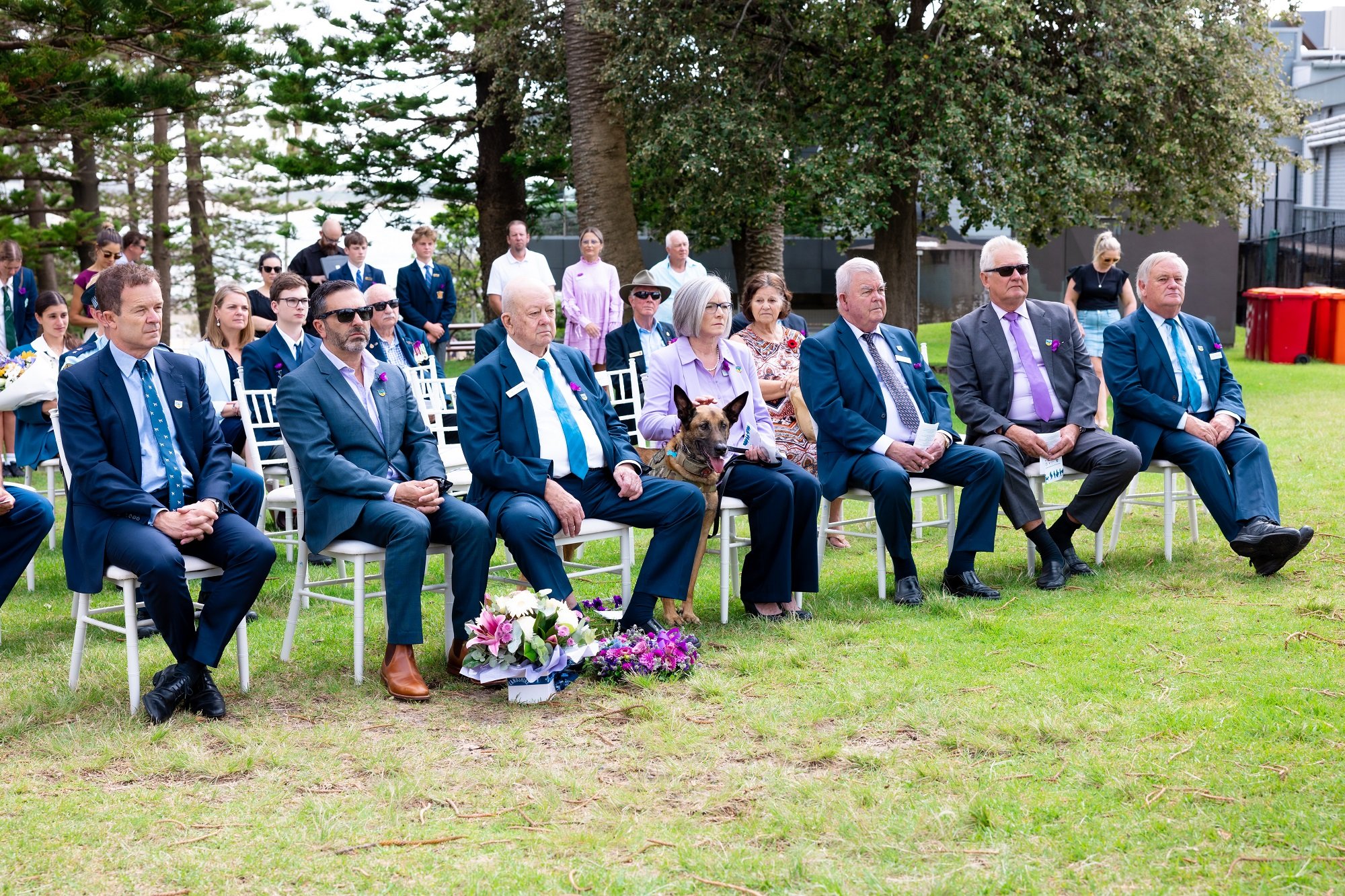
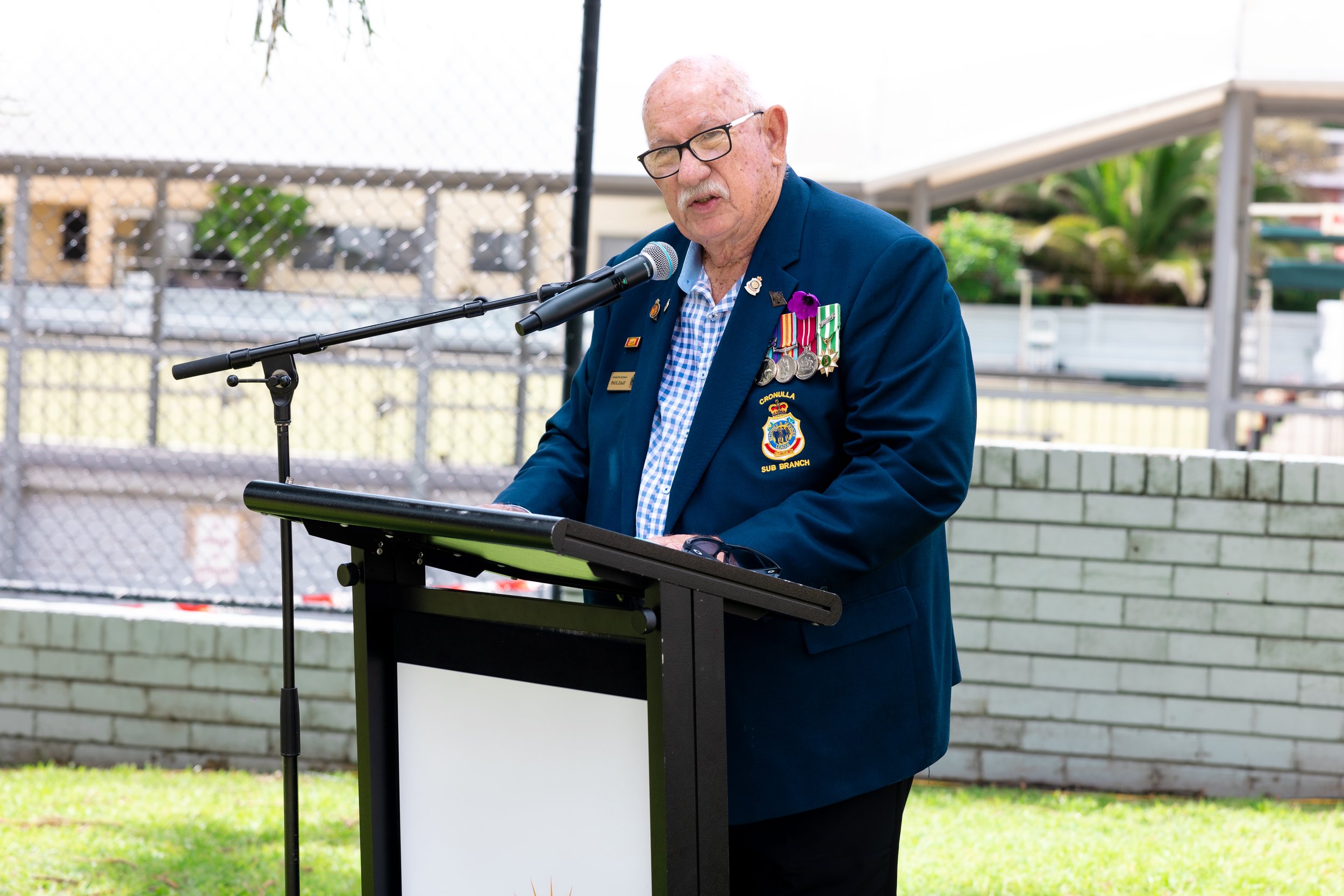
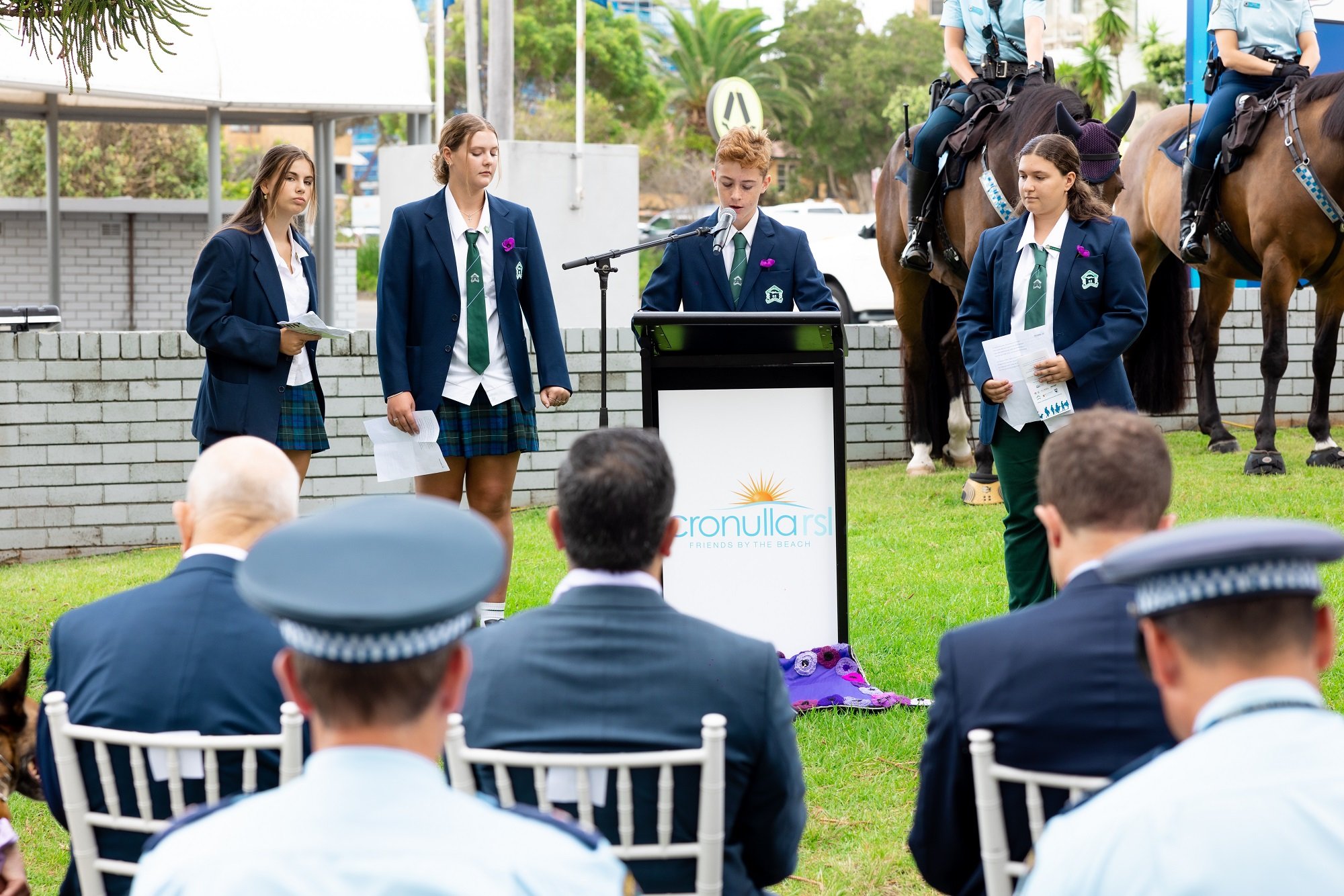
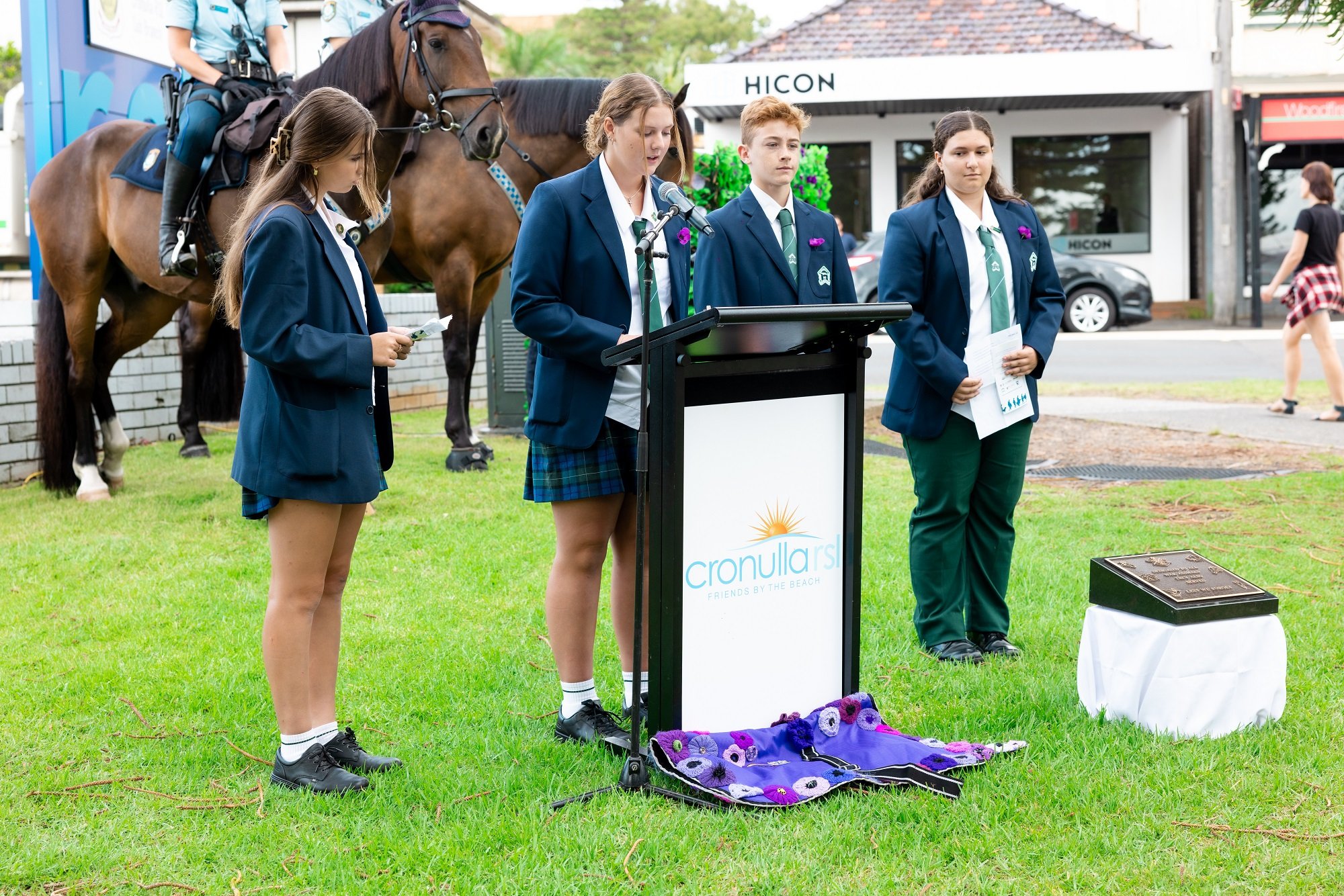

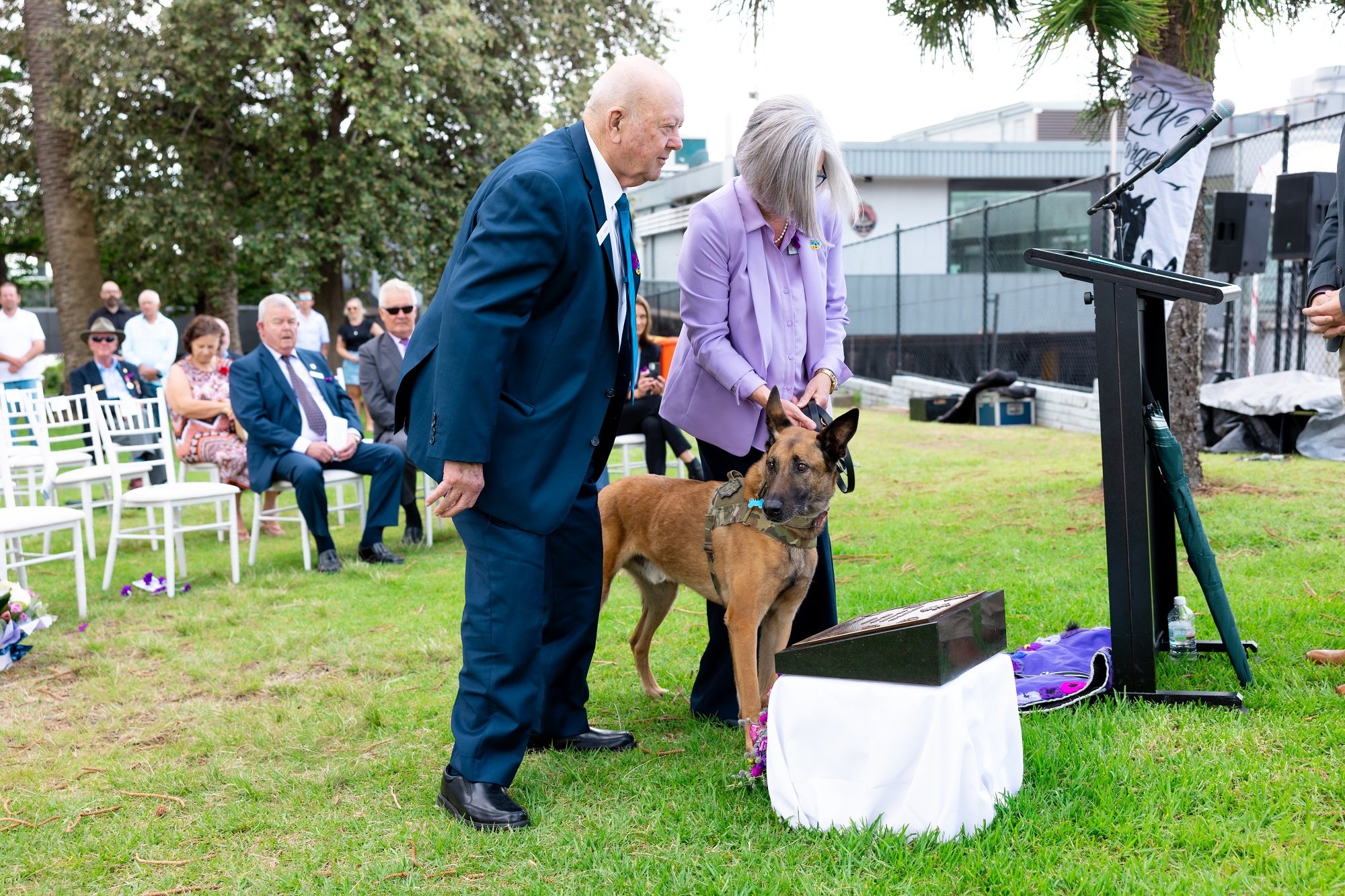
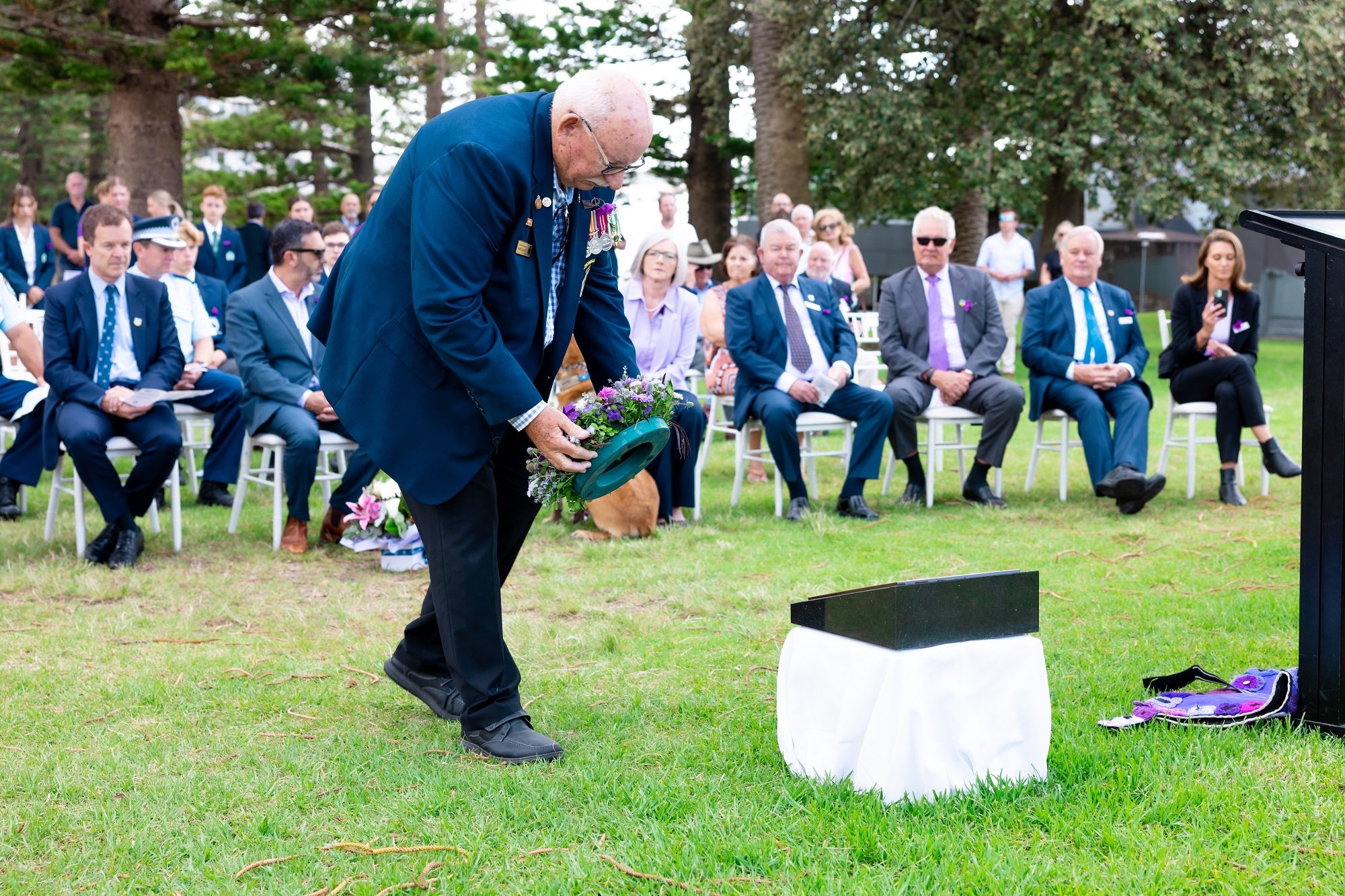
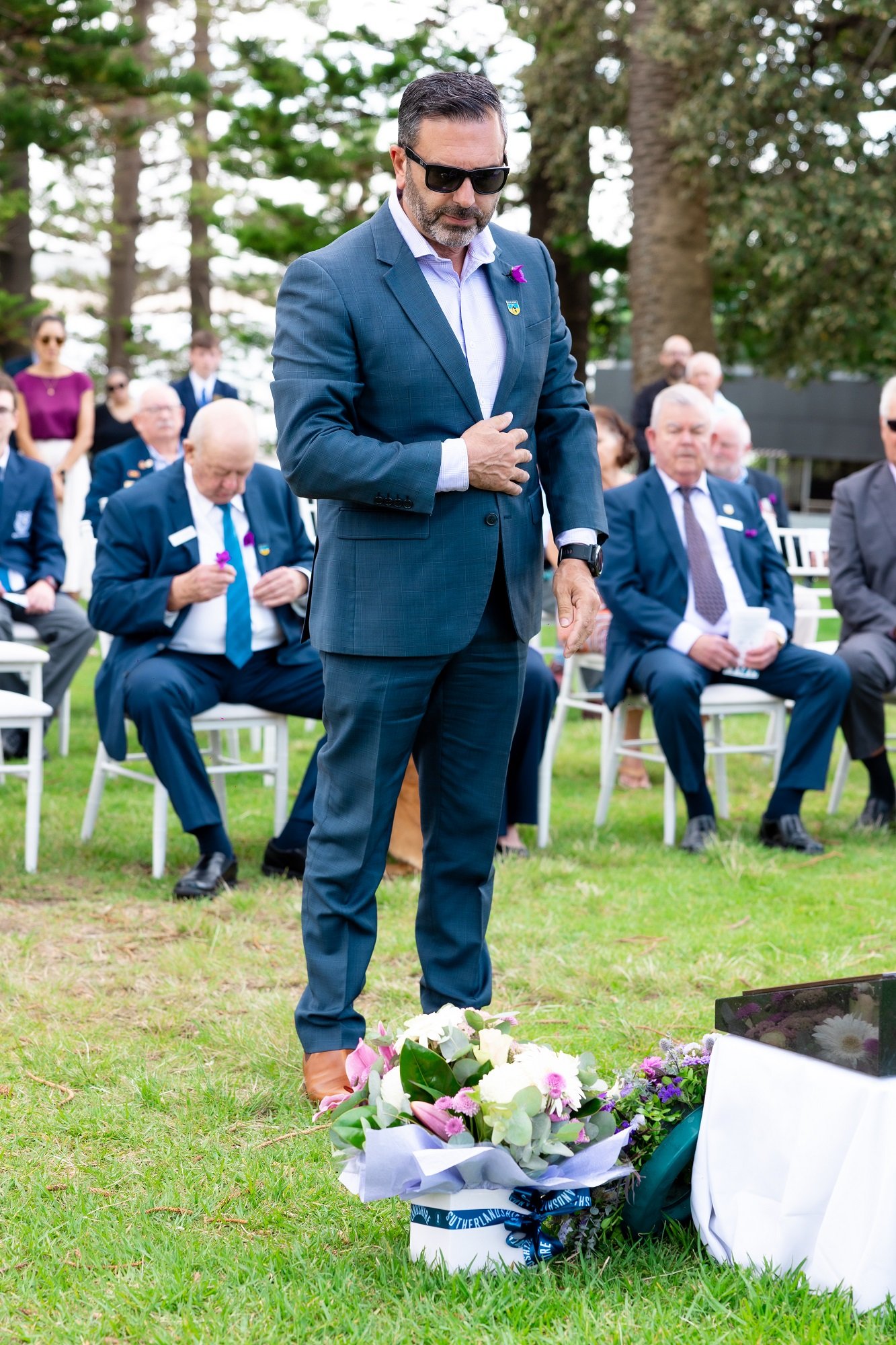
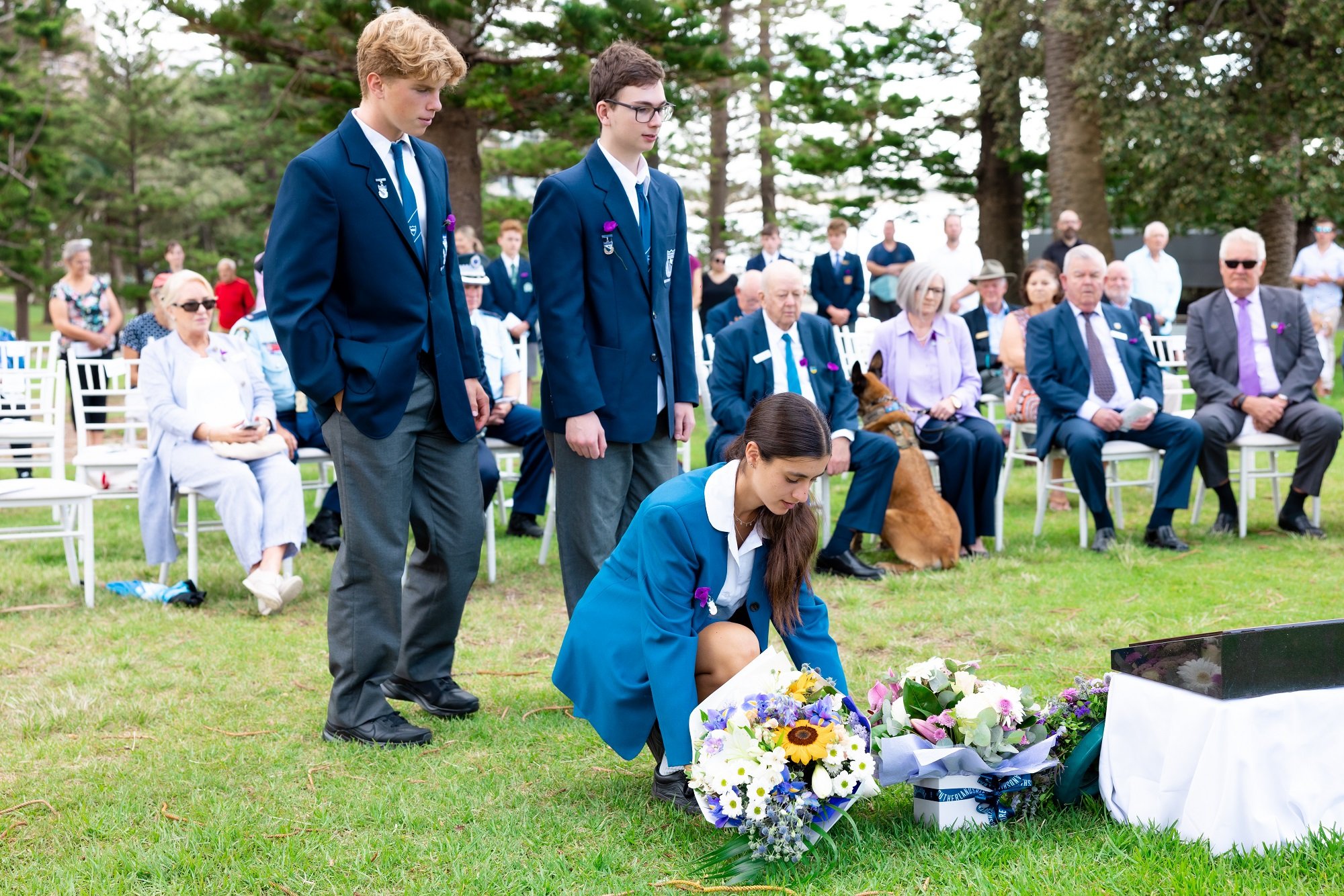
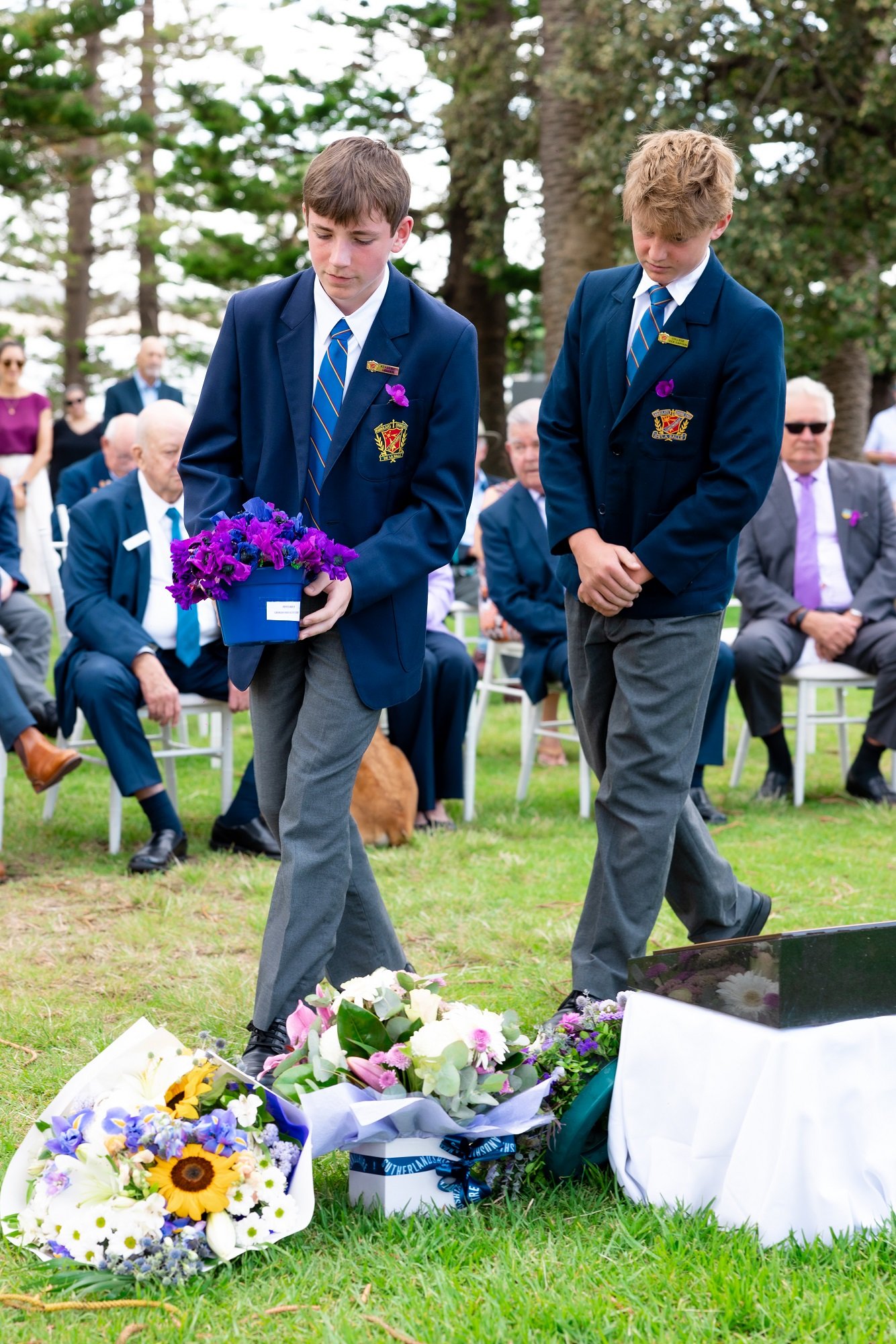
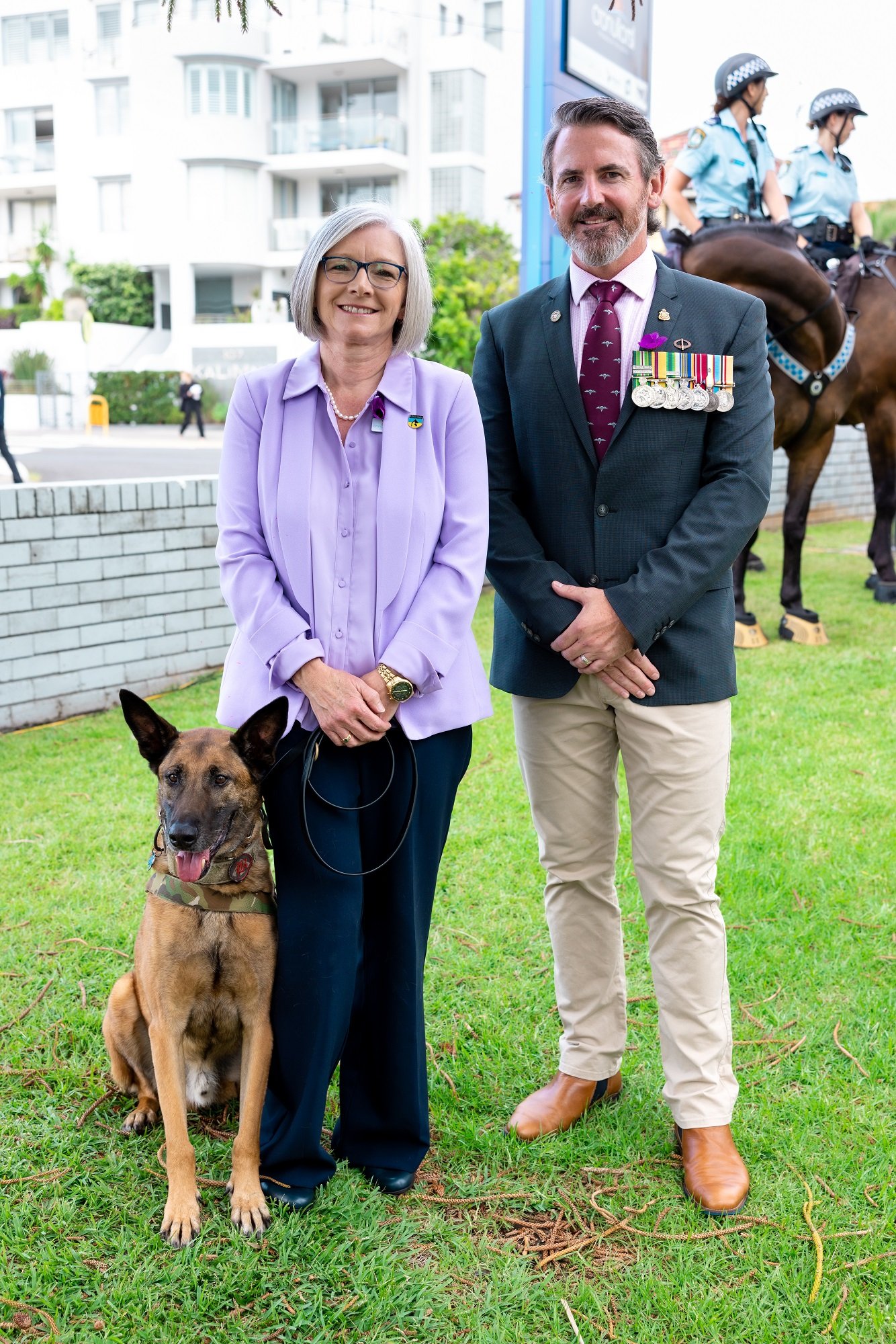
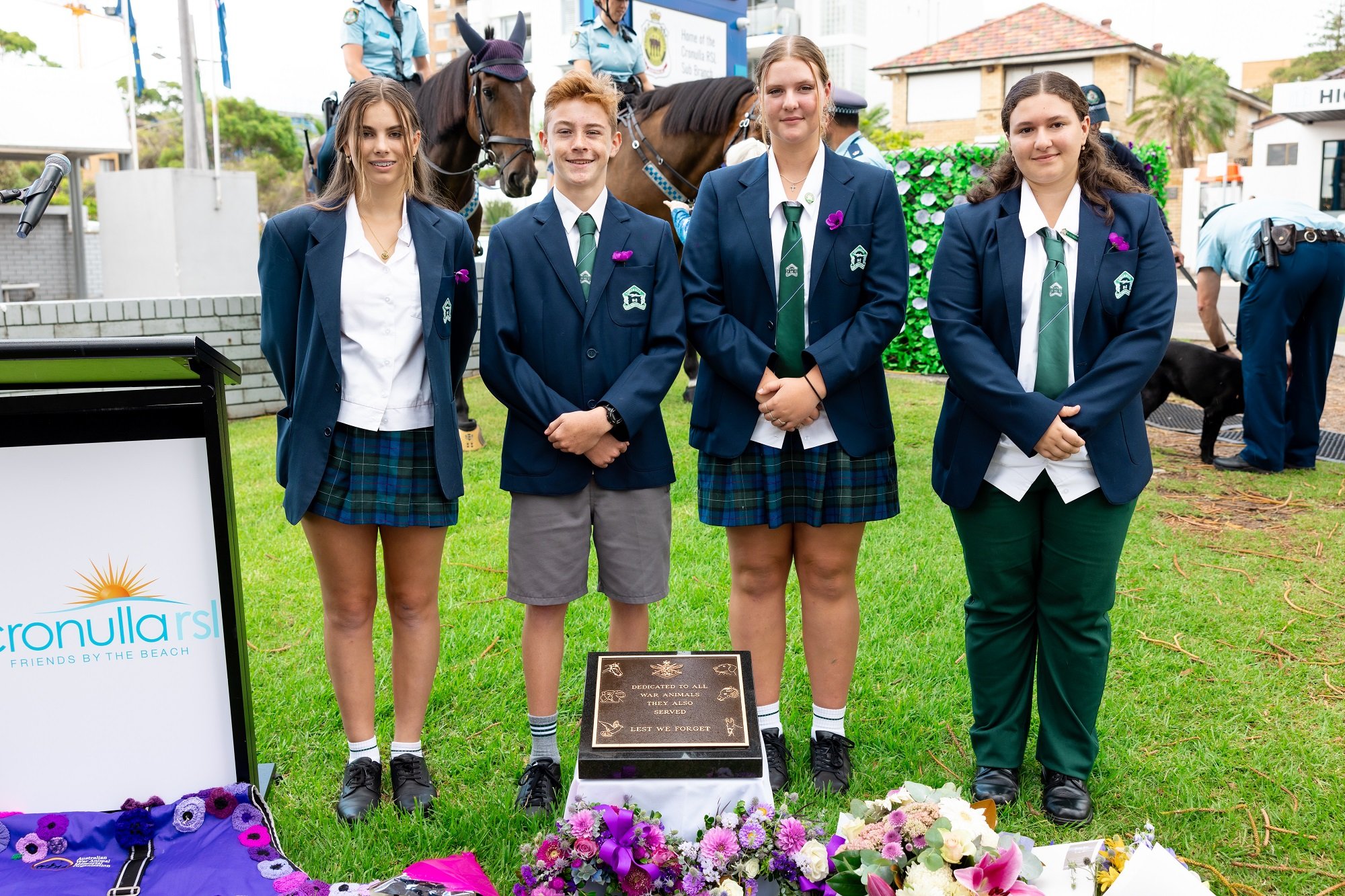
Help animals in Ukraine
AWAMO are currently working tirelessly to support and provide much-needed food, medication, and ground support to those helping the innocent animals impacted by the Ukraine-Russian conflict.
Around 5 million Ukrainian refugees have fled the country; some with pets, some without. Around 200,000 pets, service and zoo animals remain without food, shelter, medicine and care.
Ukrainian activists are conducting searches for injured and wounded animals. Organisations like UPAW & Nowzad , with the generous support of AWAMO have actively delivered food and care.
This work has saved thousands of animals.
However, they still need our help.
Make a donation to the Ukraine Animals Fund Appeal.
Buy a Ukraine animal support pin or purple poppy gift.
Help spread the word.
Show your support
-
Support Australian War Animal Organisation
AWAMO is a volunteer not-for-profit group, with the aim to recognise the deeds of animals during Australian military service and to educate generations to follow of the sacrifices made by four legged diggers. They have they donated over 30 plaques honouring the deeds and sacrifices of animals during all wars at various RSLs, Parks and Military establishments and have numerous initiatives in place to support animals who have given military service or are impacted by war.
-
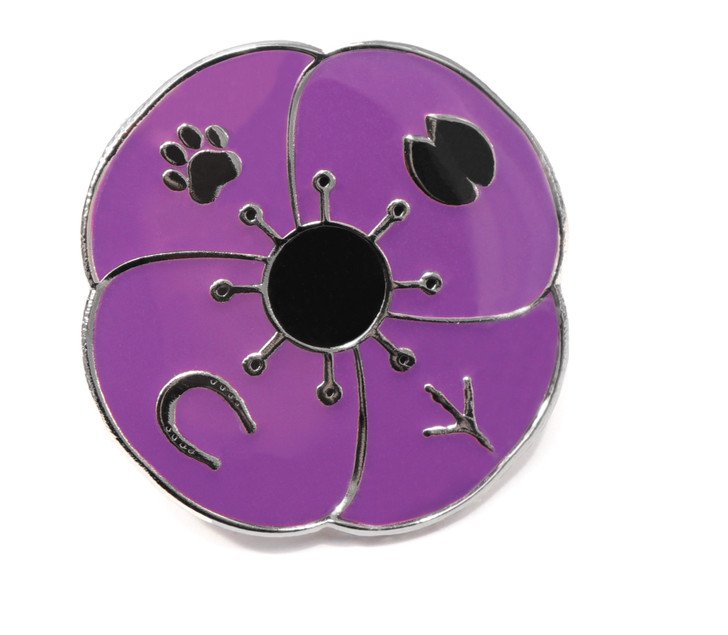
Buy Purple Poppy Merchandise
War Animal is a day all Australians can wear a purple poppy and think not only about our soldiers who gave their lives in war, but also spare a thought for the four-legged and winged heroes that fought and died alongside our troops.
The Purple Poppy honours all animals – great and small – who have served alongside our military, search and rescue, and law enforcement. Every sale of Purple Poppy Products* supports the Australian War Animals Memorial Organisation.
-

Visit the Cronulla RSL Memorial Garden
Cronulla RSL has installed a memorial garden and plaque dedicated to animals who have served during times of war & peace, the first of its kind in New South Wales at an RSL Club.
Make a donation.
Your donation will directly support lifesaving work to protect animals in Ukraine. Funds will be used to transport both a shipping container to Poland and internal transportation throughout Ukraine. In addition, two AWAMO representatives to supervise the distribution of emergency food relief to the areas that is most in need in-situ.
Animals in conflict and the impact that war has had on them
World War 1
More than 16 million animals were forced into service with over 9 million killed.
World War 2
Even greater numbers than the First World War- unknown number of Equines at least 5 million were in use at anyone time. One example was approx. 170,000 horses were needed each month as replacements by the German Army on the Eastern Front.
Vietnam War 1955 - 1977
Use of Agent Orange destroyed the habitats for Elephants Asian Tigers, Civets, Leopards and other species causing their extinction in this area. At least 40,000 animals were killed by landmines for the 20 years that followed.
Mozambique Civil War 1977-92: Giraffe and Elephant herds in National Parks have been reduced by 90%
Iran & Iraq War 1980-1988
The populations of wolves, otter, pelicans, stripped Hyenas, river dolphins were wiped out to the point of extinction.
Sudanese Civil War 1983-2005
The Elephant population fell from over 100,000 to under 5,000
Afghan War 1990s
Over 75,000 animals due to landmines- approx. 50% of all livestock.
Gulf War 1990-1991
More than 80% of livestock in Kuwait died some 790,000 sheep, 12,500 cattle, 3,000 horses. About 85% of animal’s captive in Zoos. Via the deliberate oil leak into the Persian Gulf caused the death of quarter of a million aquatic animals & birds
Iraq War 2003 - 2011
After decades of strife, the world’s first civilization is losing many of its animals, such as otters, deer, songbirds, and more
Ukraine War 2022 - present
The war in Ukraine has affected millions – of people as well as animals. From wildlife to beloved pets, many animals have died and even more remain starving, traumatised, or in dire need of care. Devastatingly, thousands of animals have had to be left behind as people are forced to flee their homes. Beloved family pets, farmed animals, and those in zoos and nature reserves can all be forced to be left behind in the rush to flee war. Animals within Ukrainian zoos are at risk of starvation as food supplies run out with constant bombardment cutting off most deliveries.







